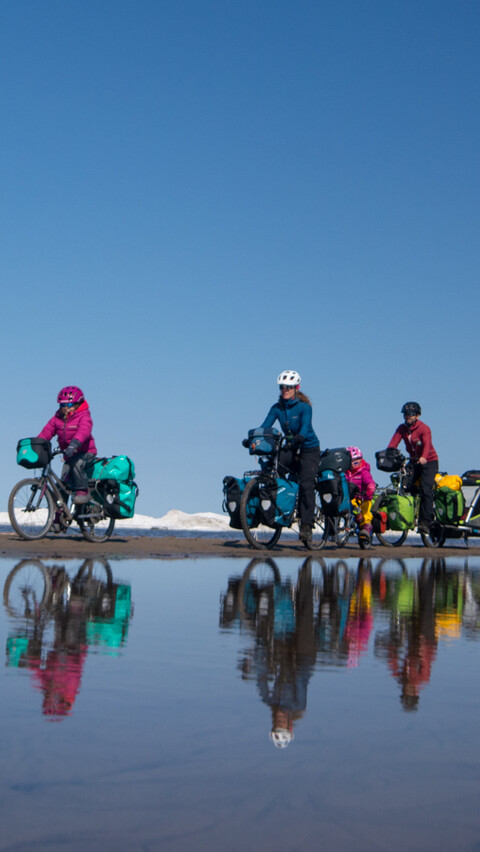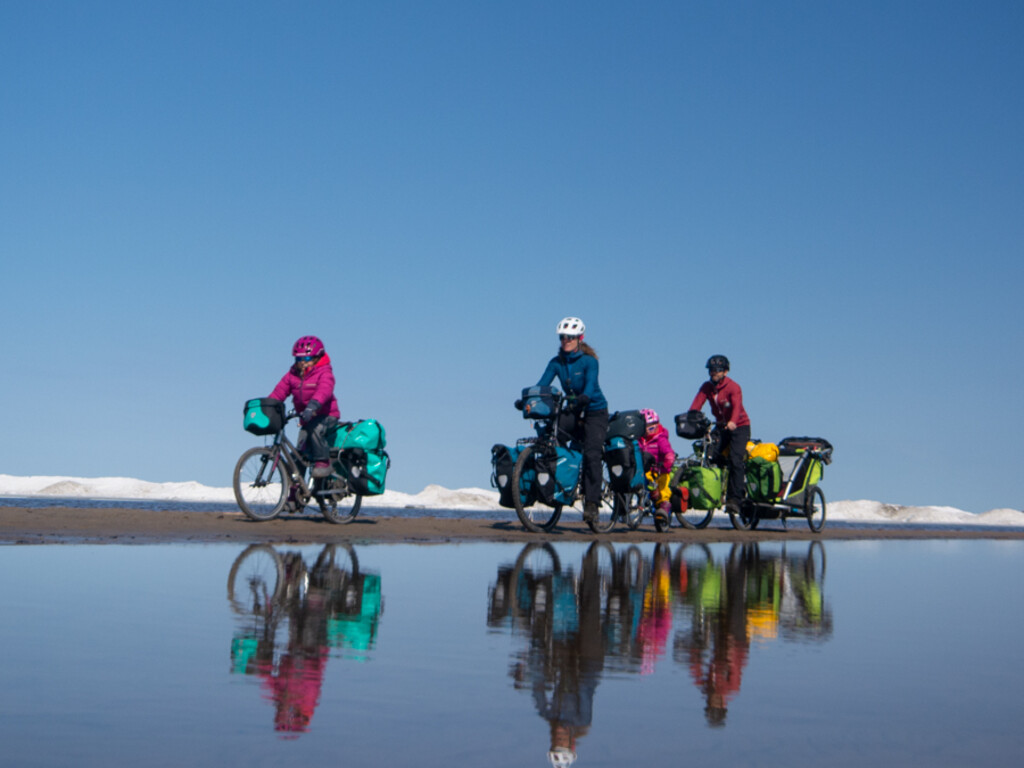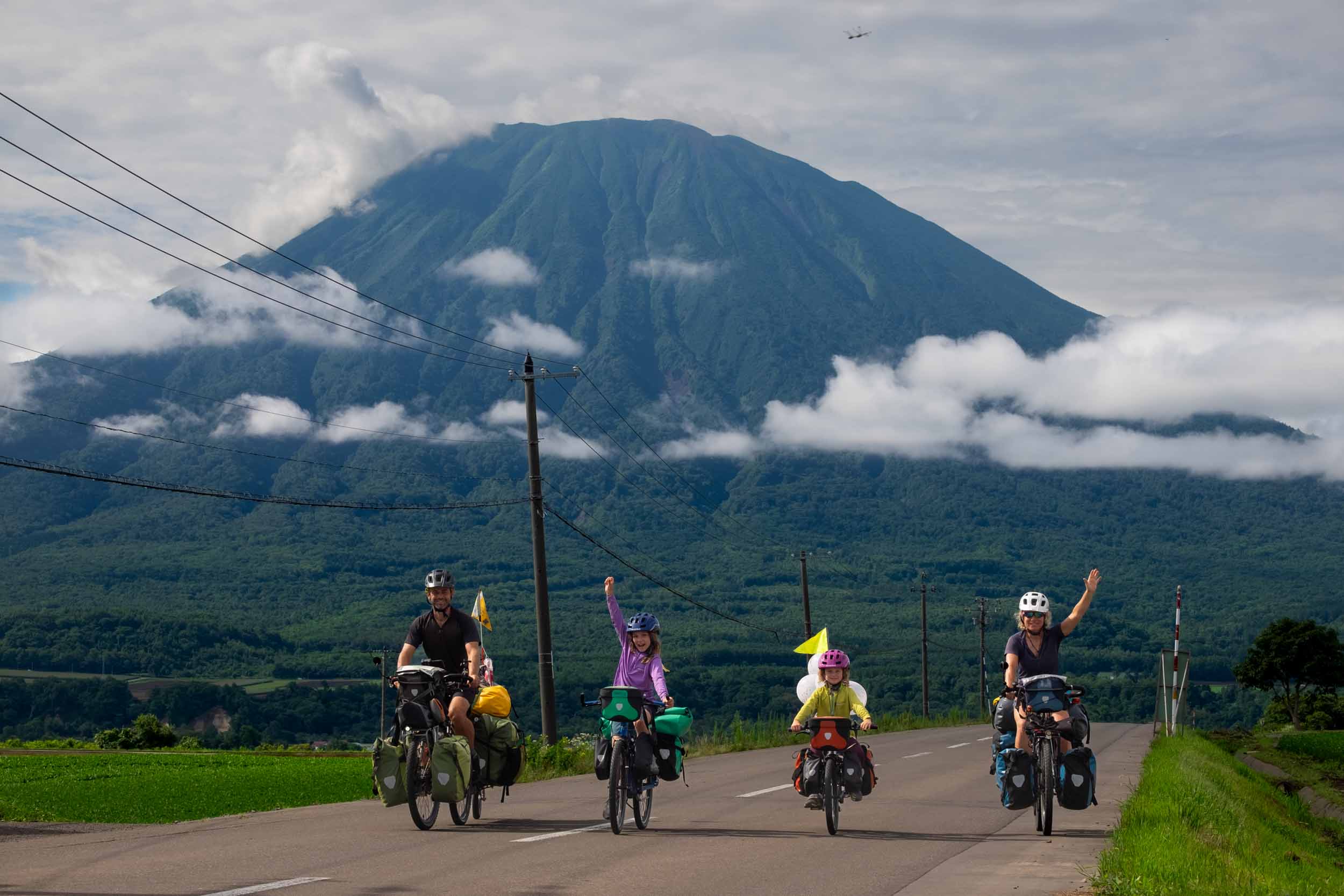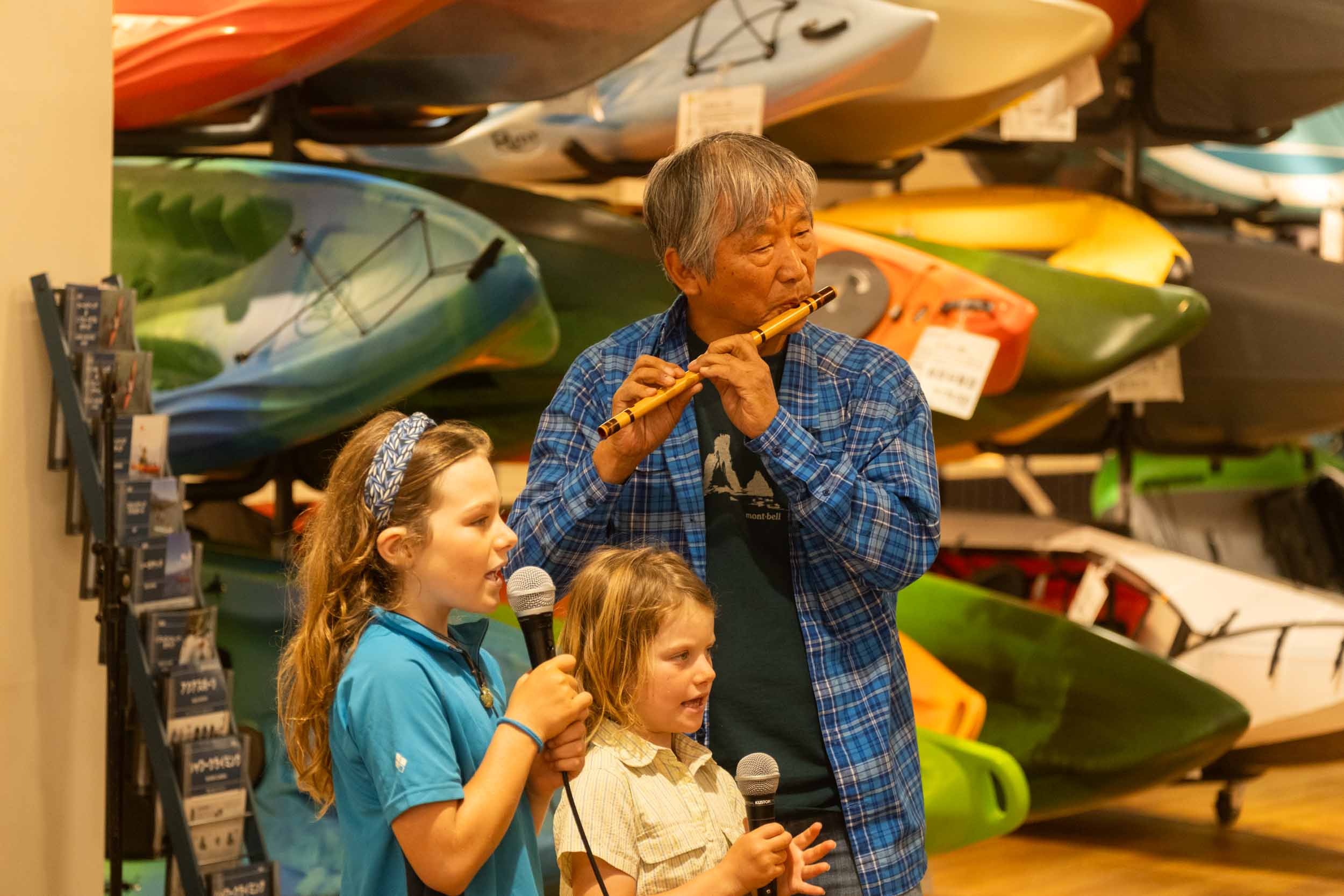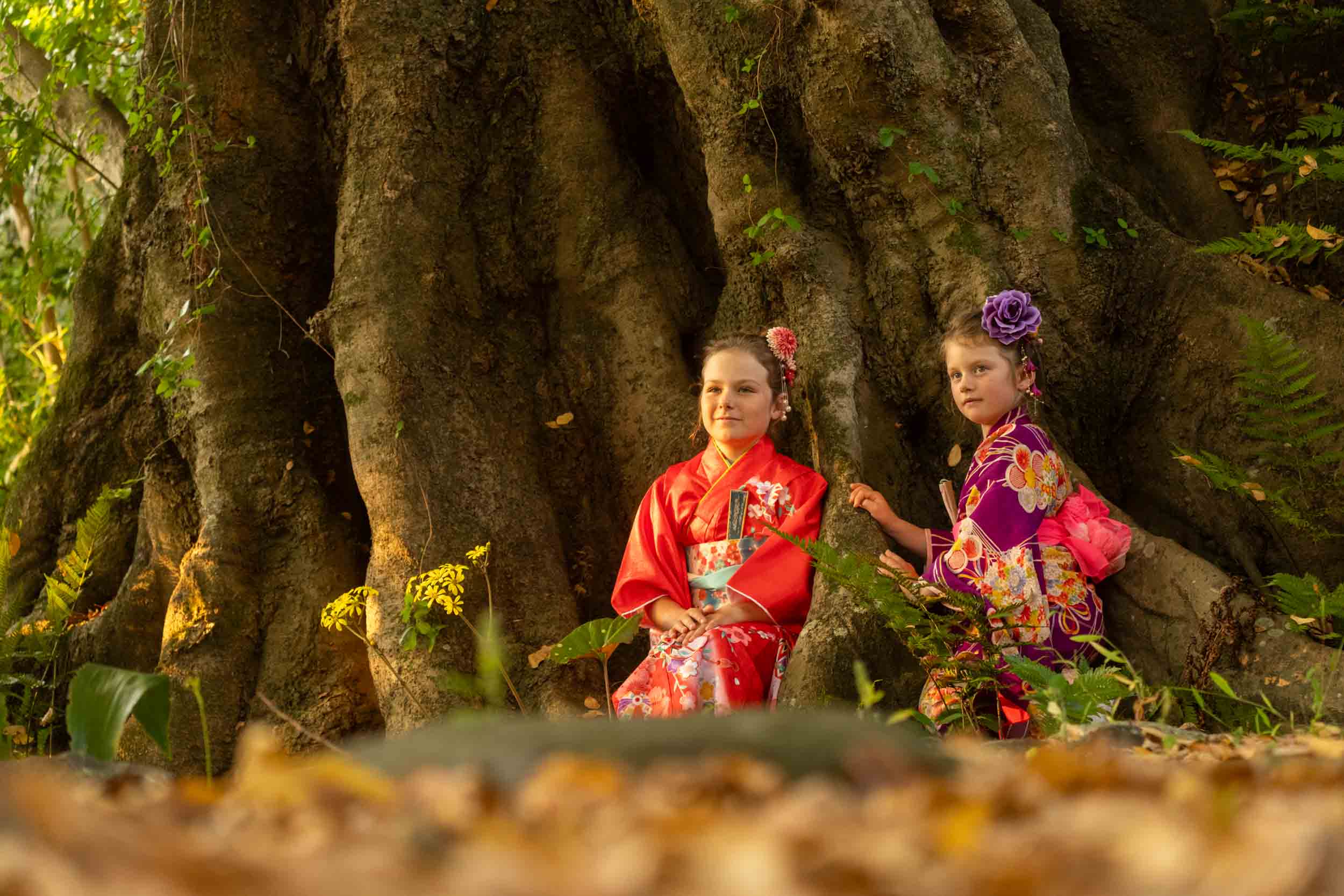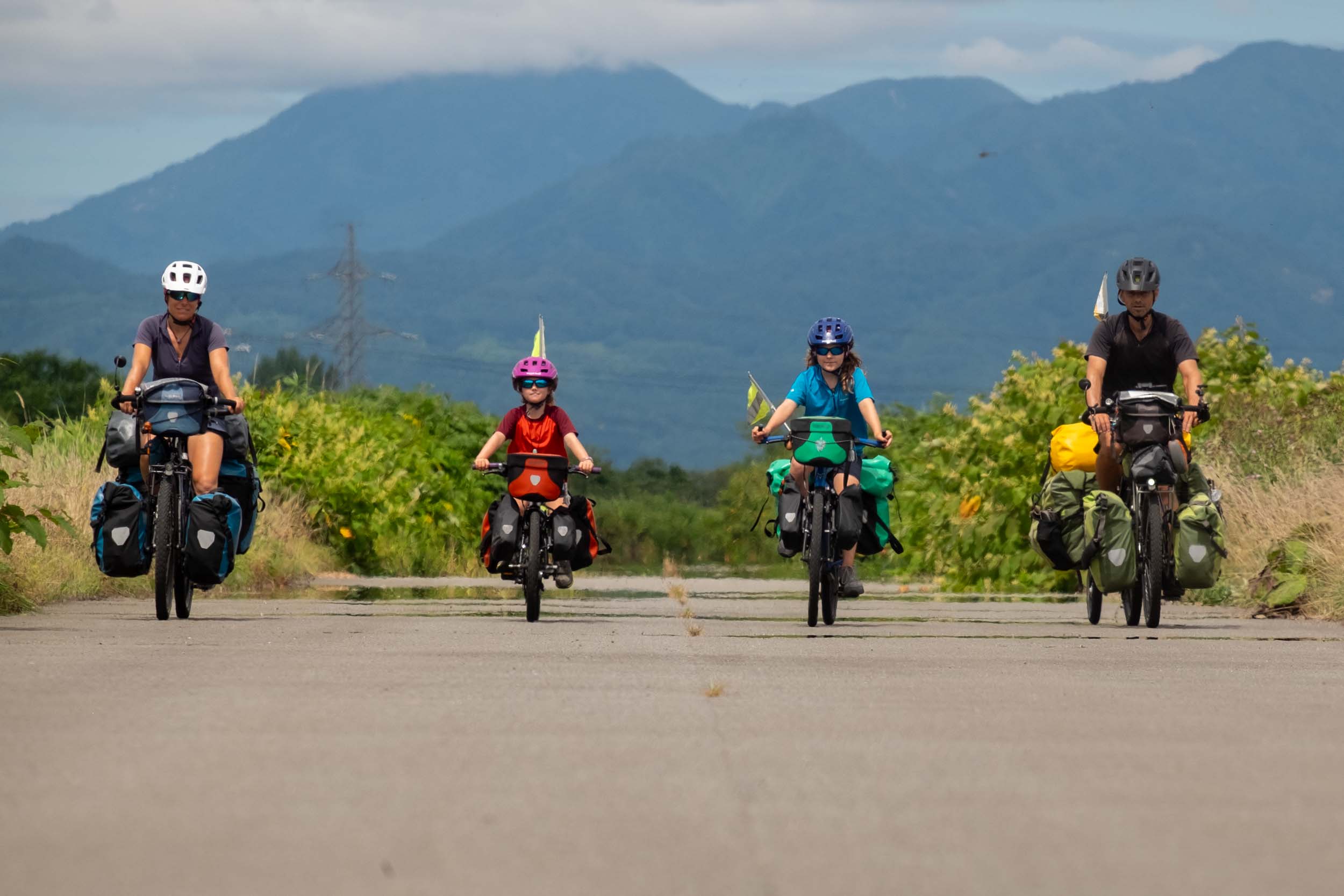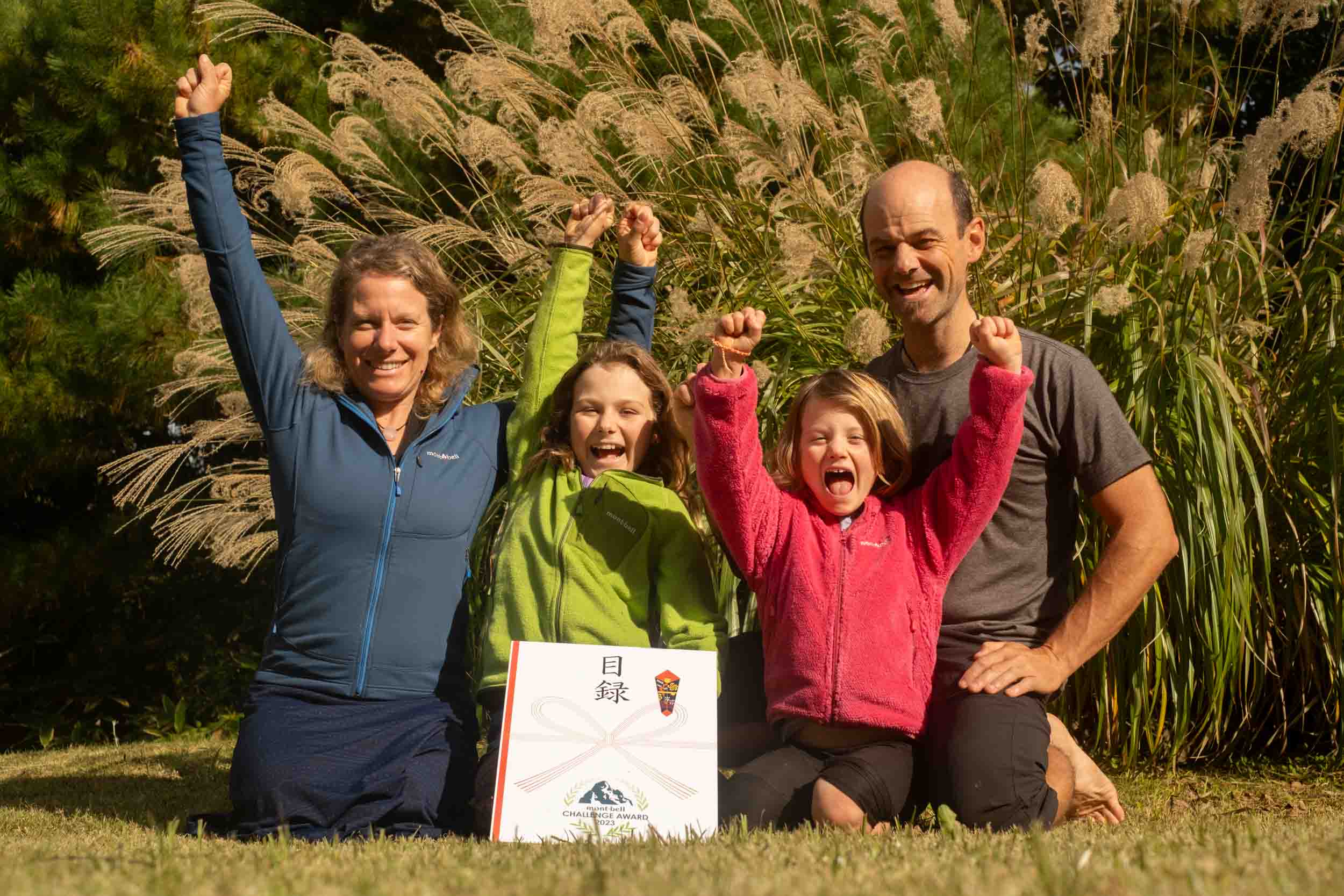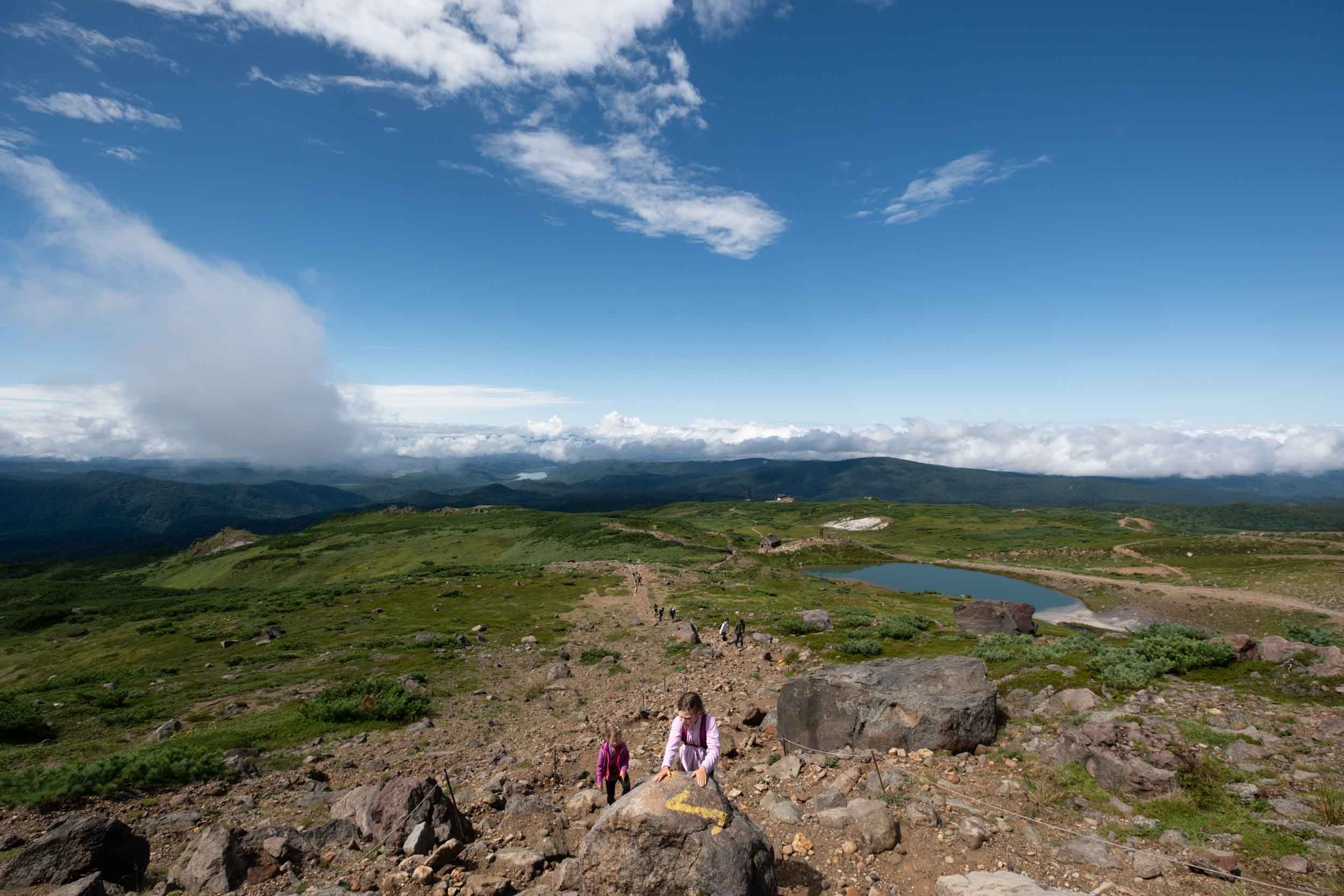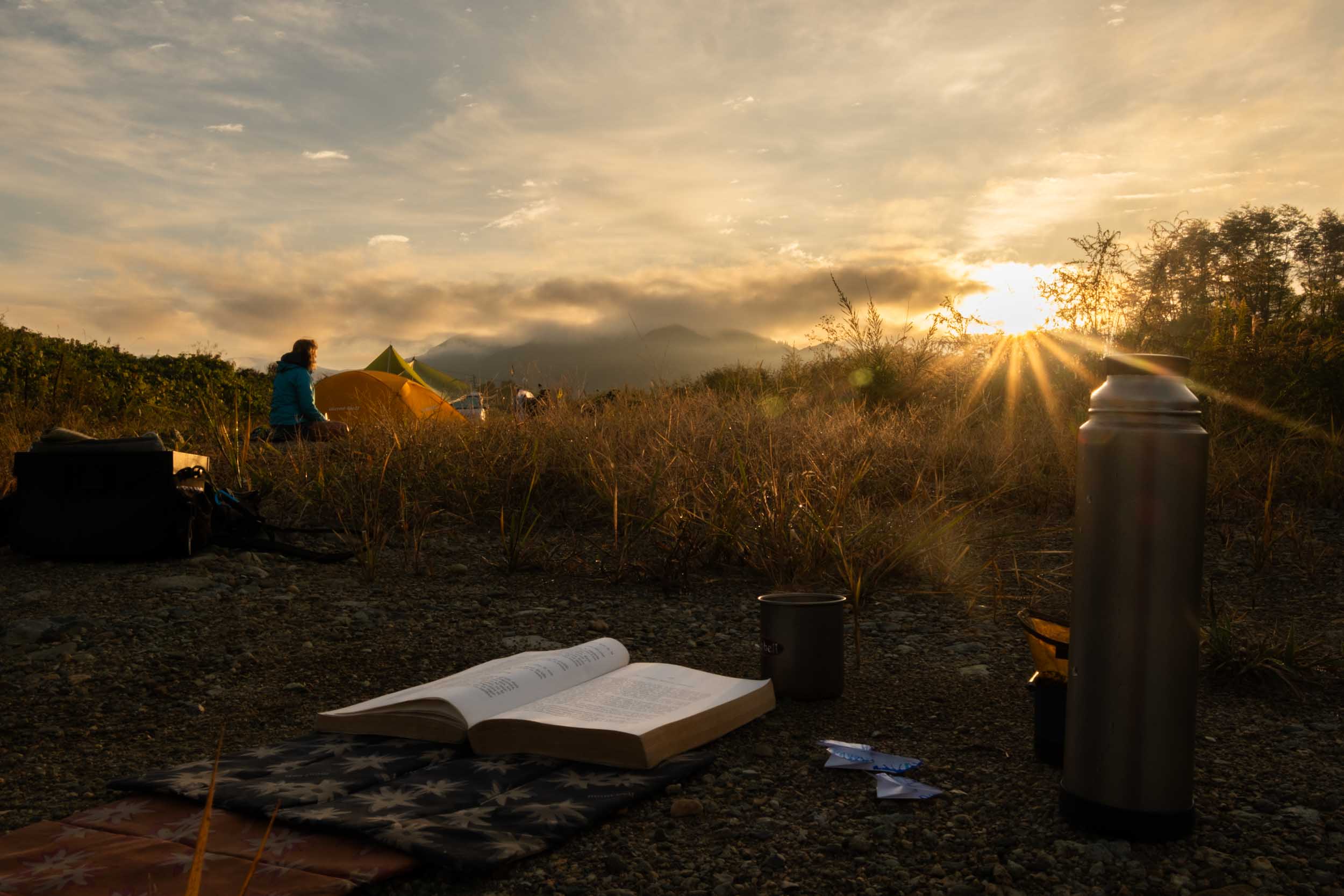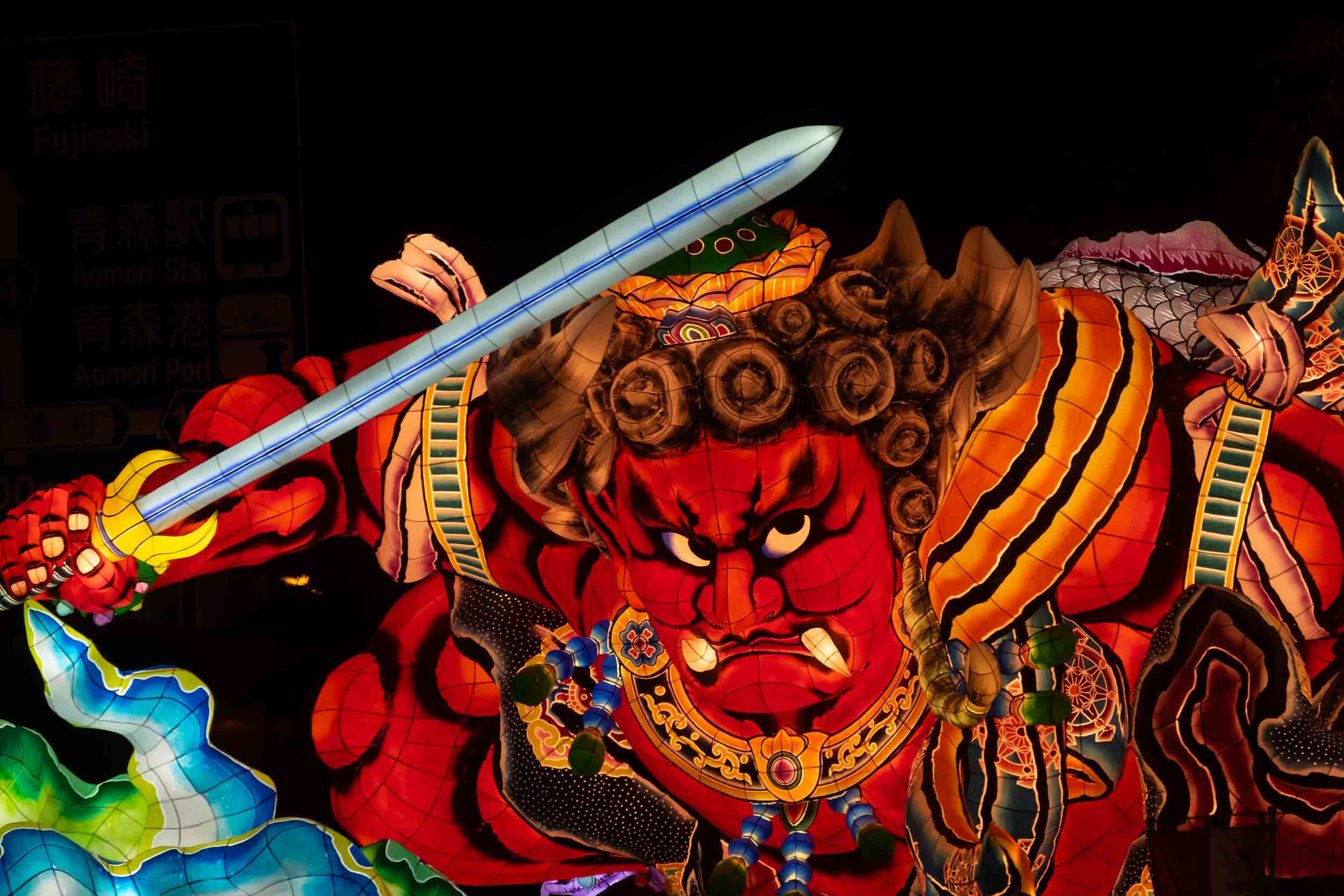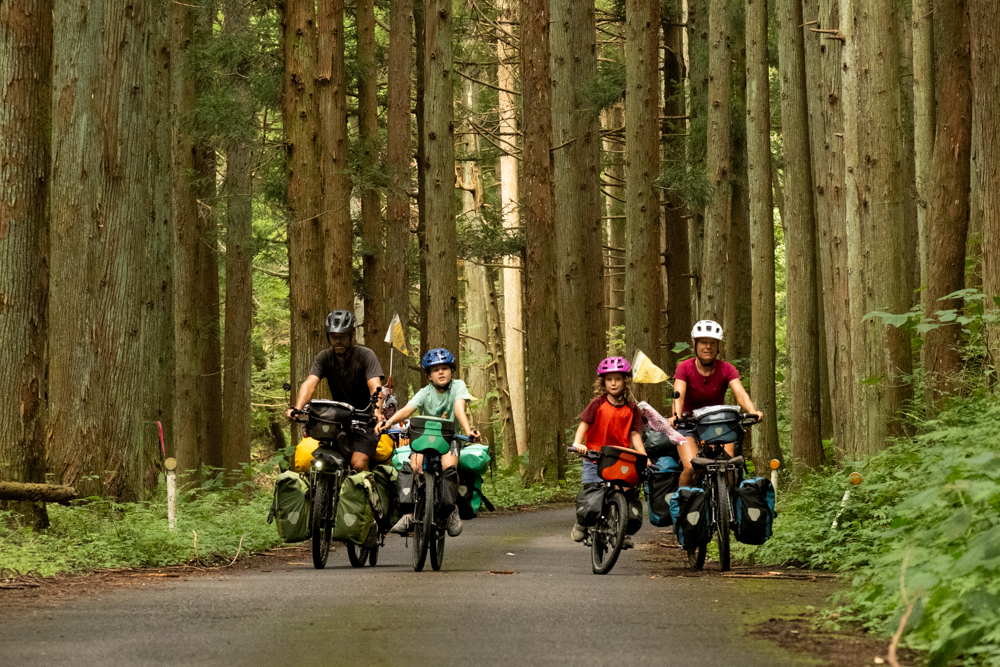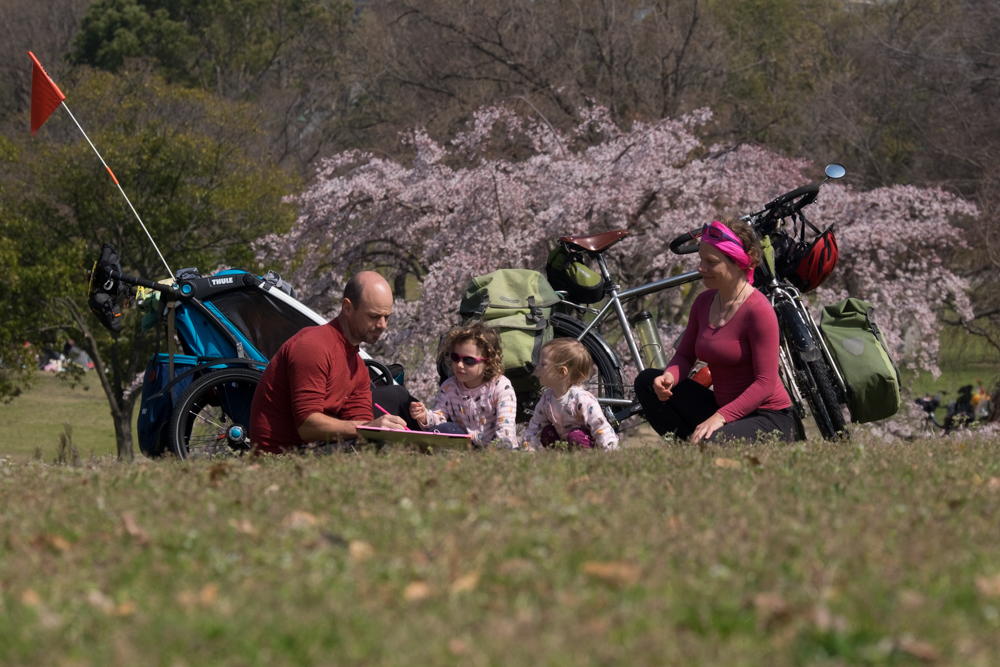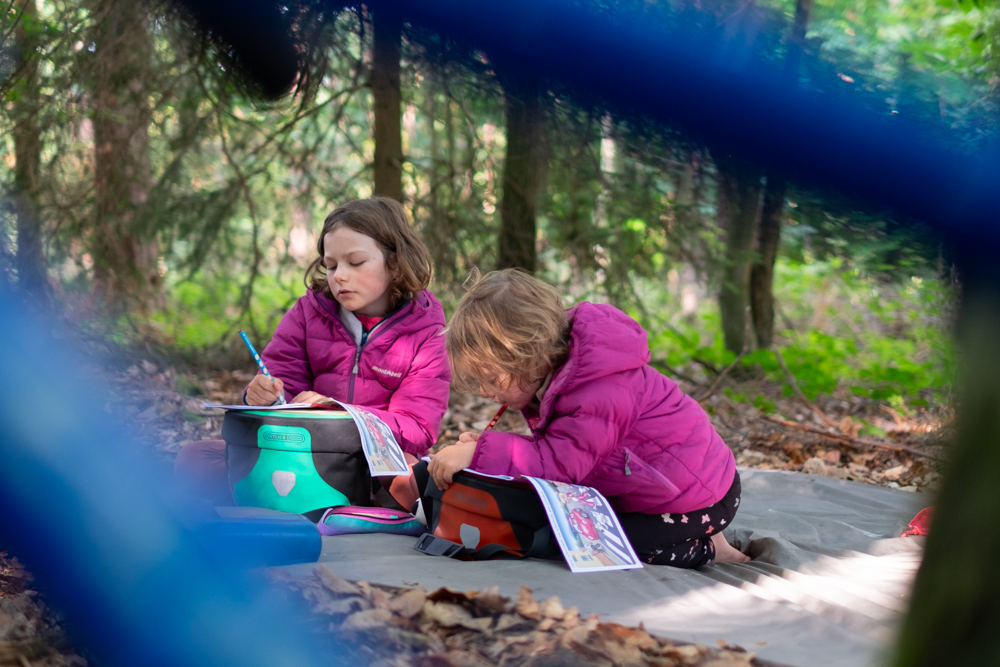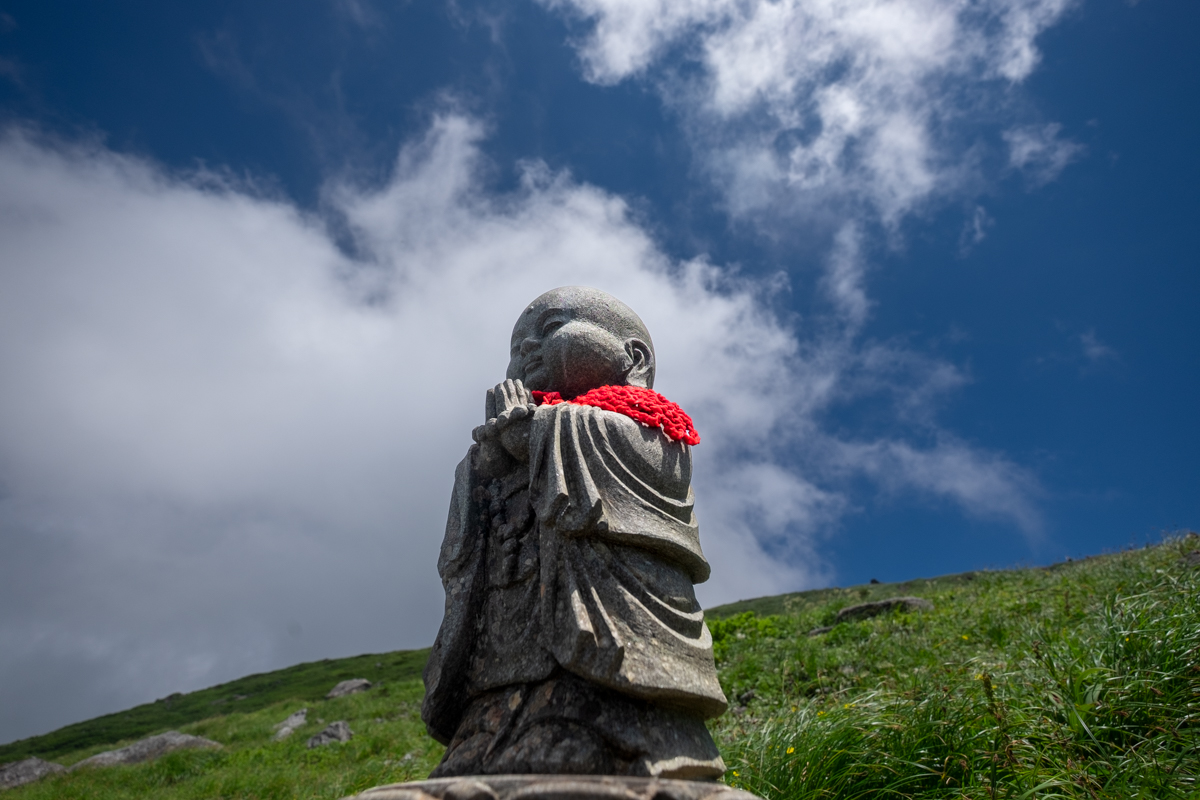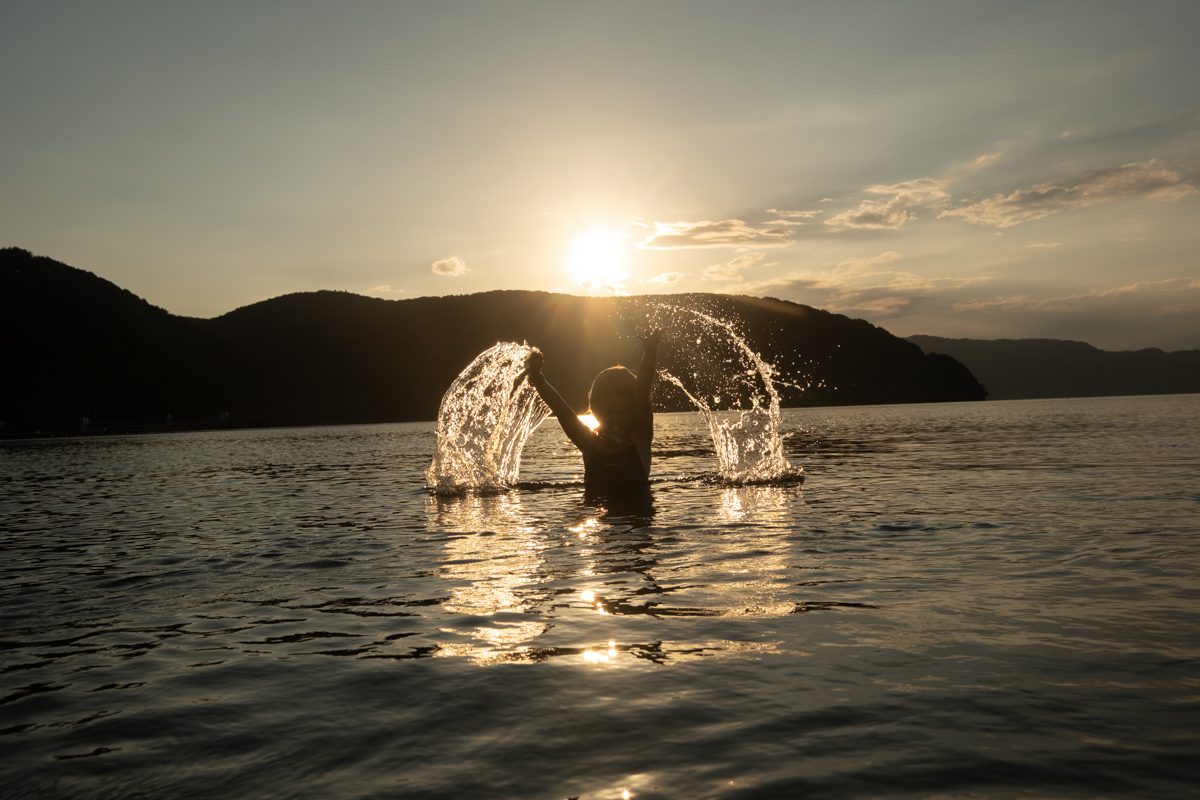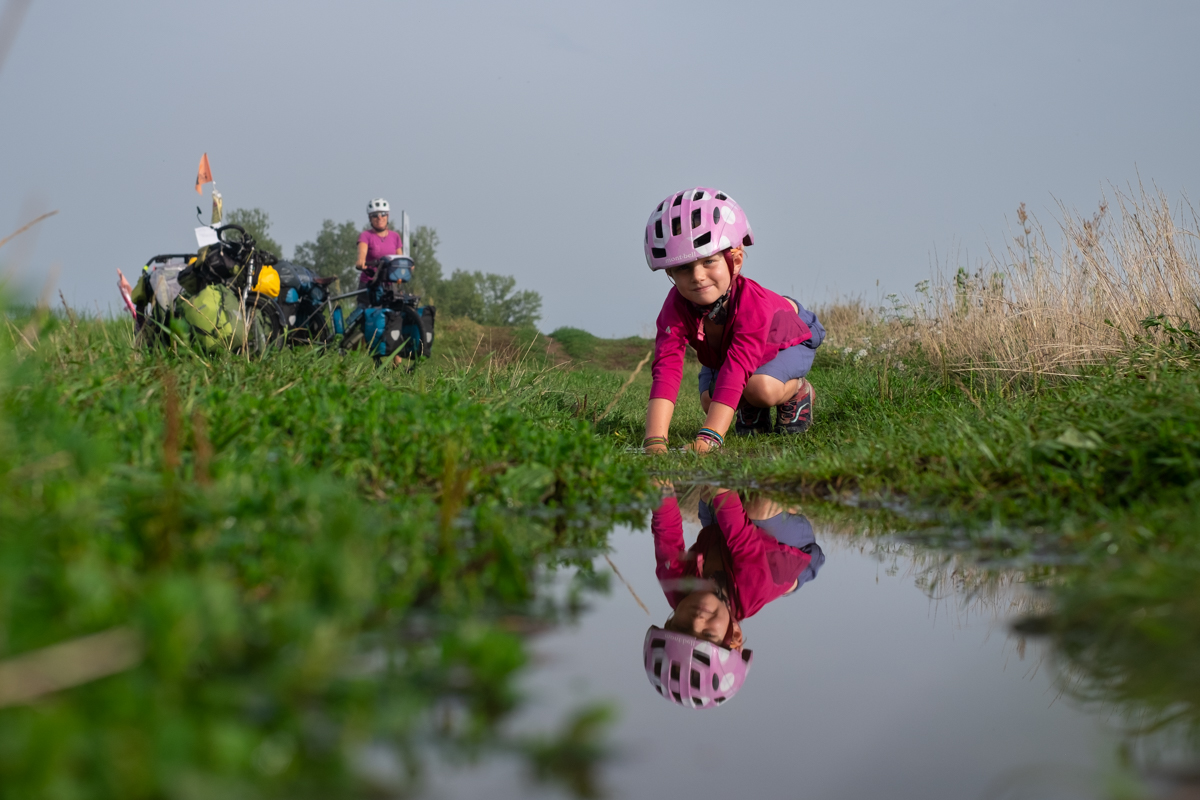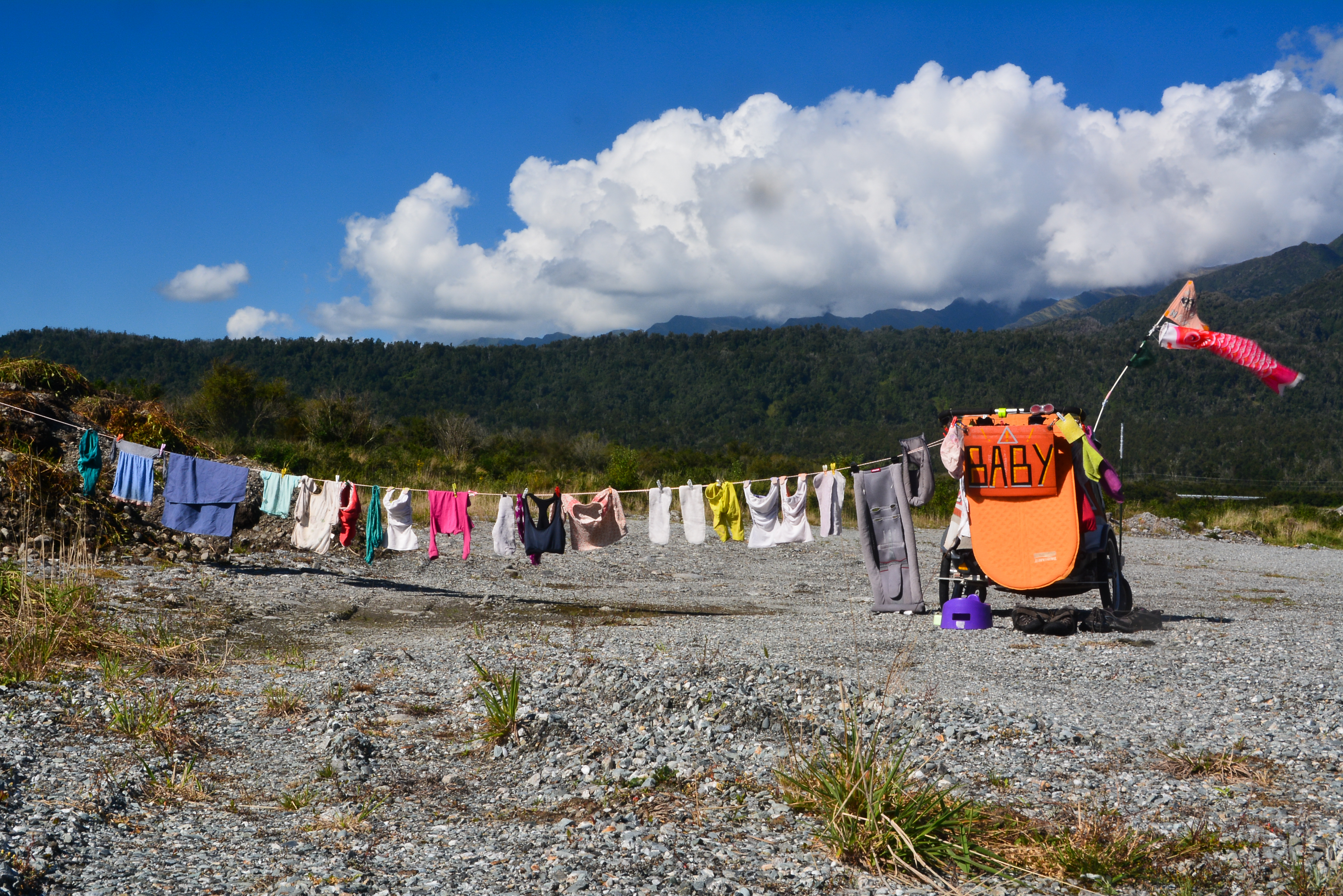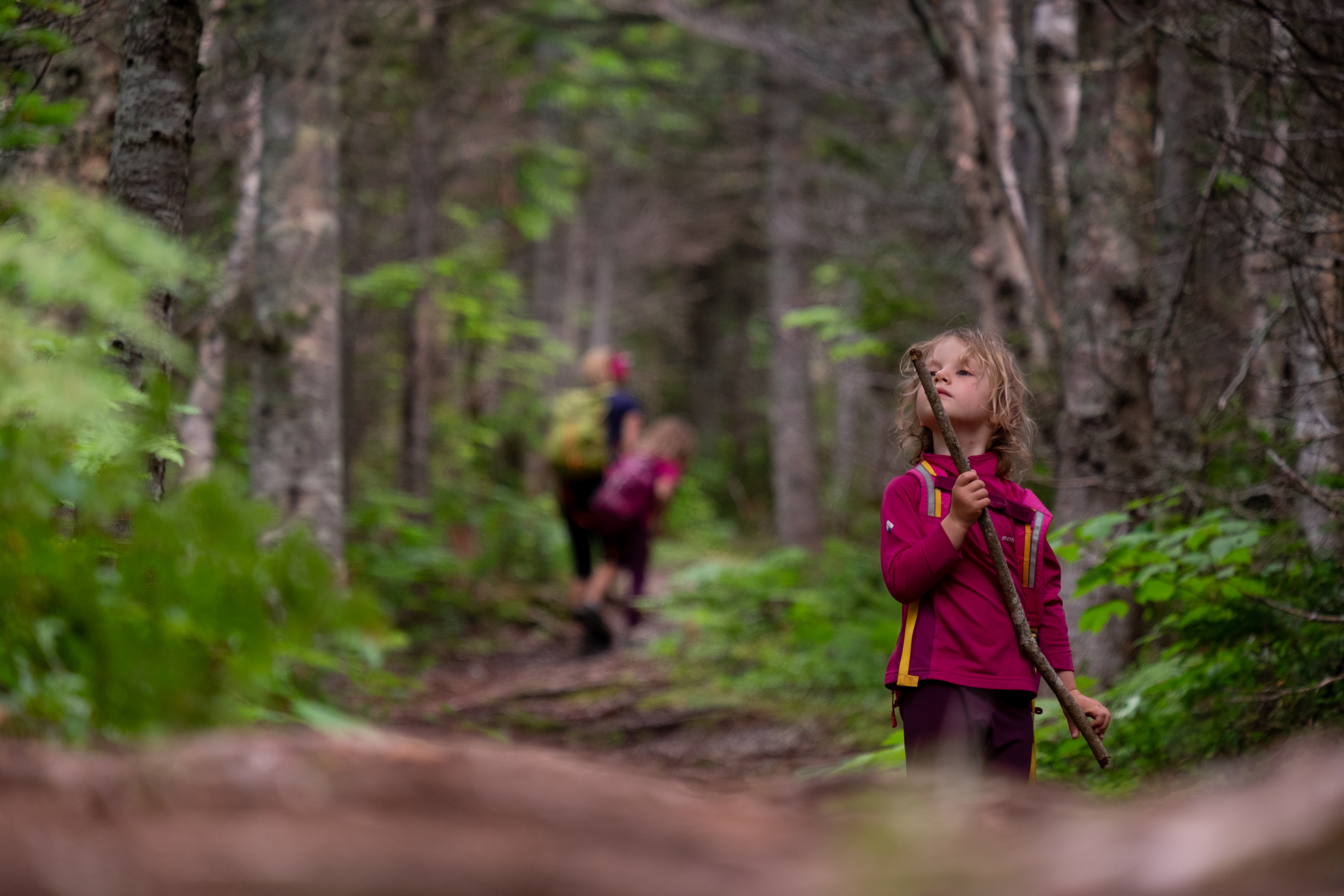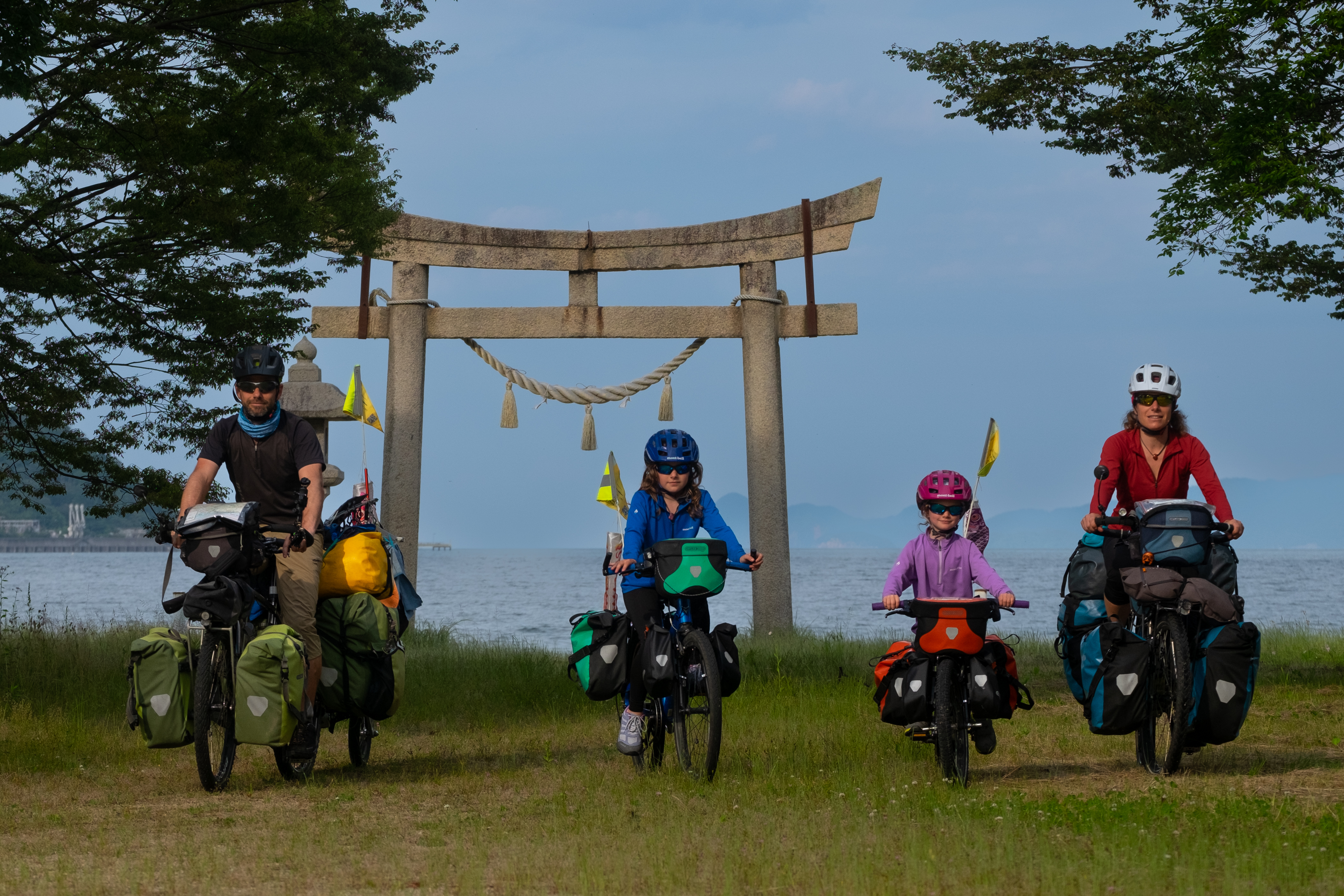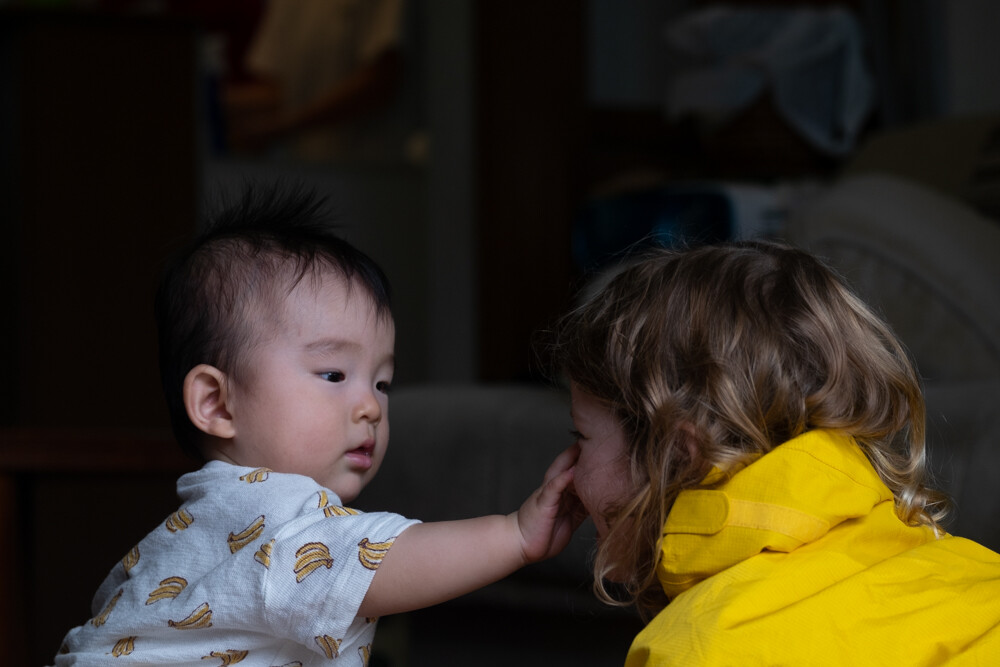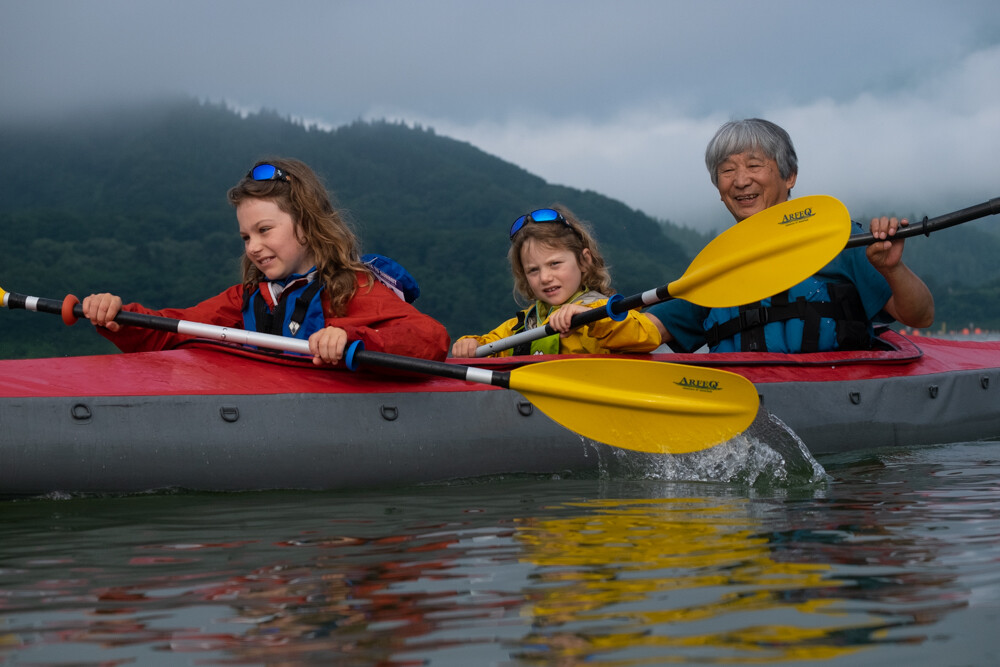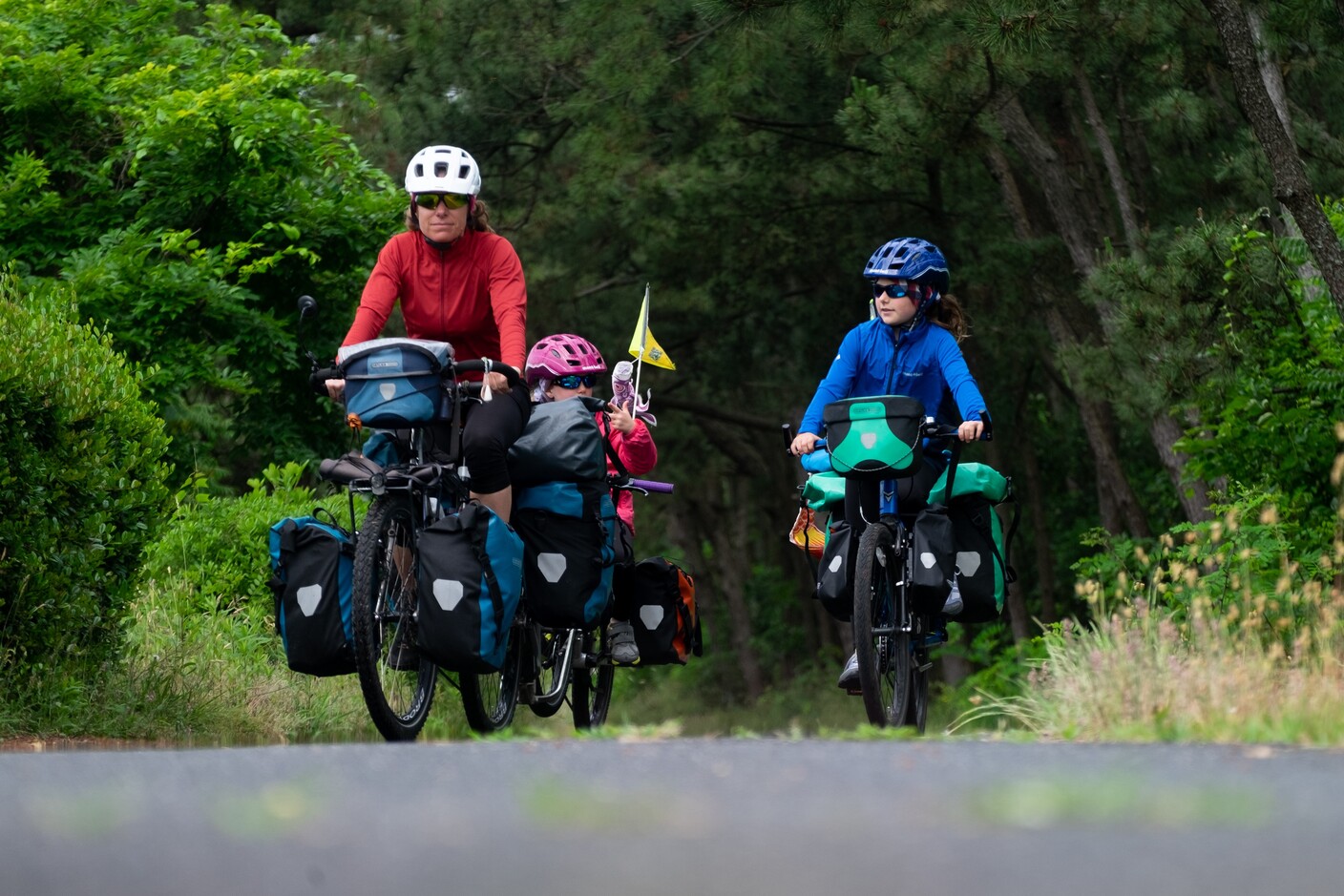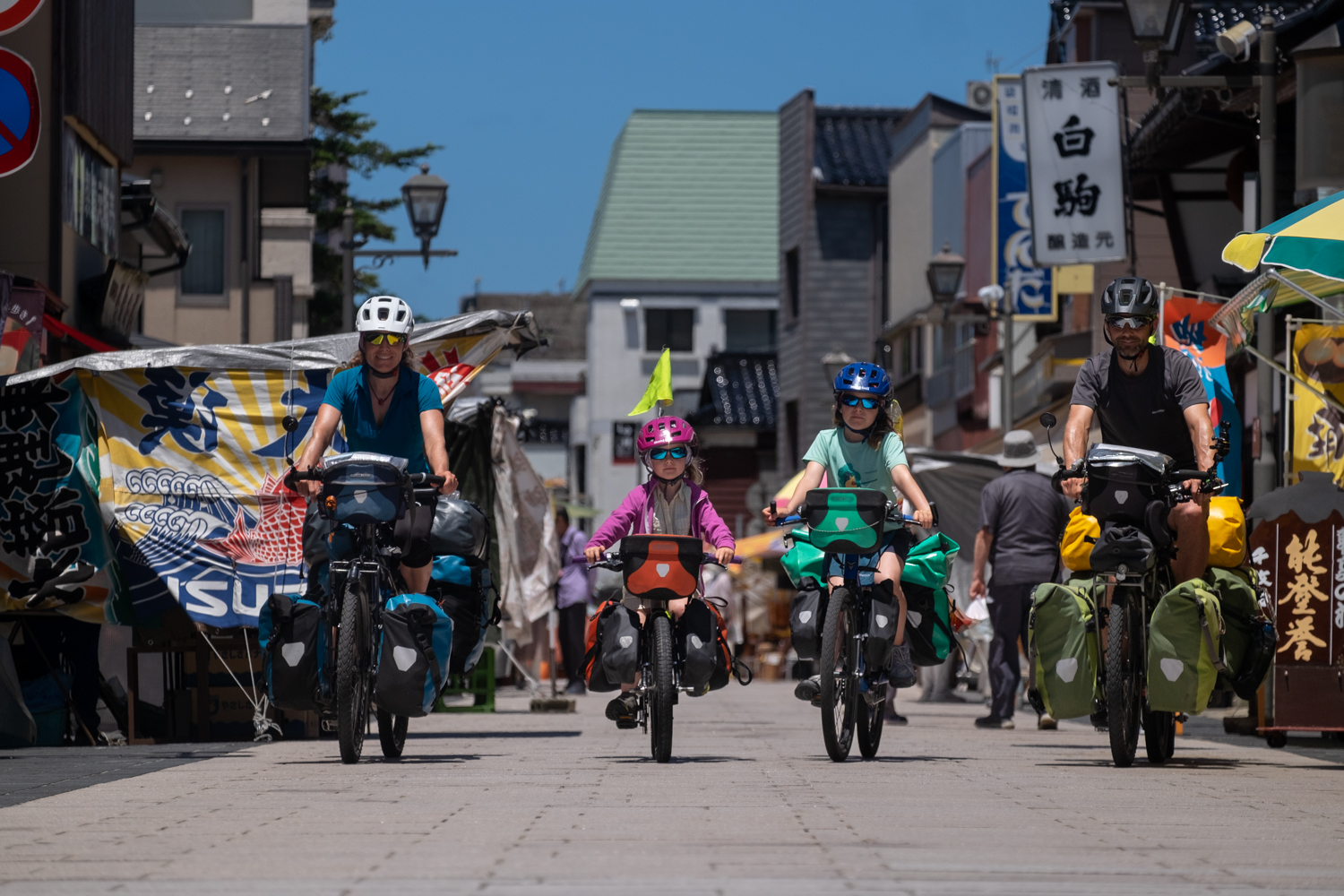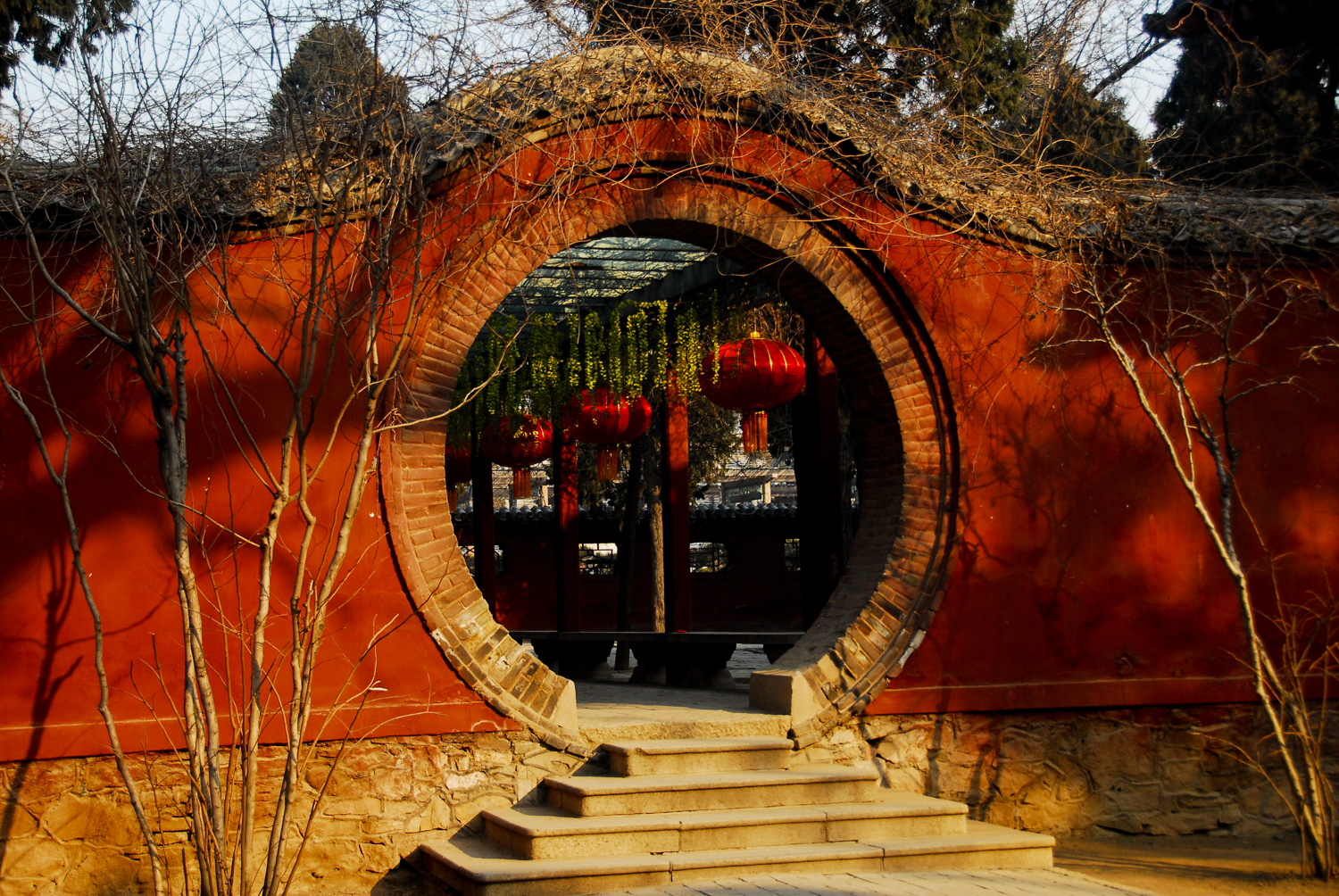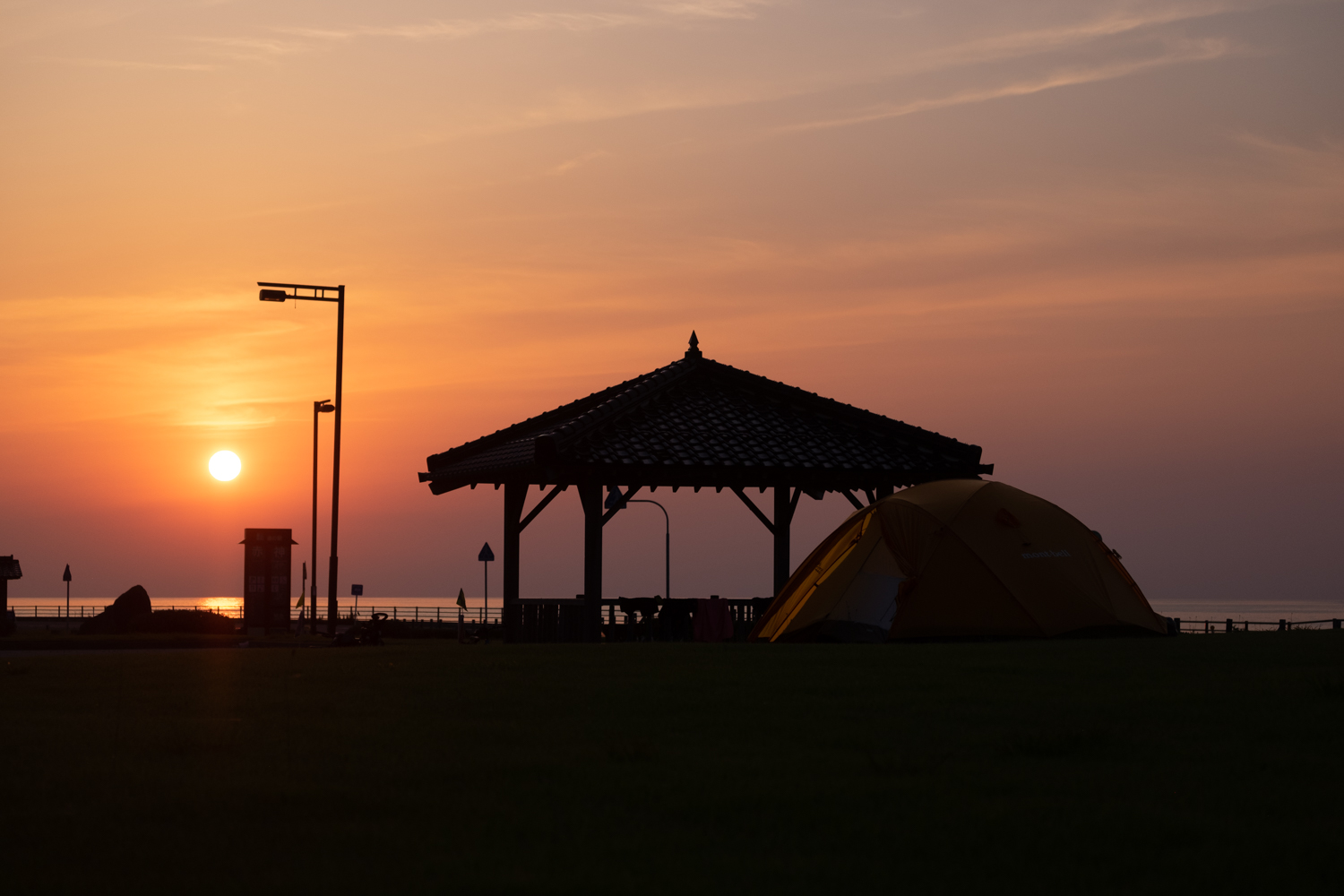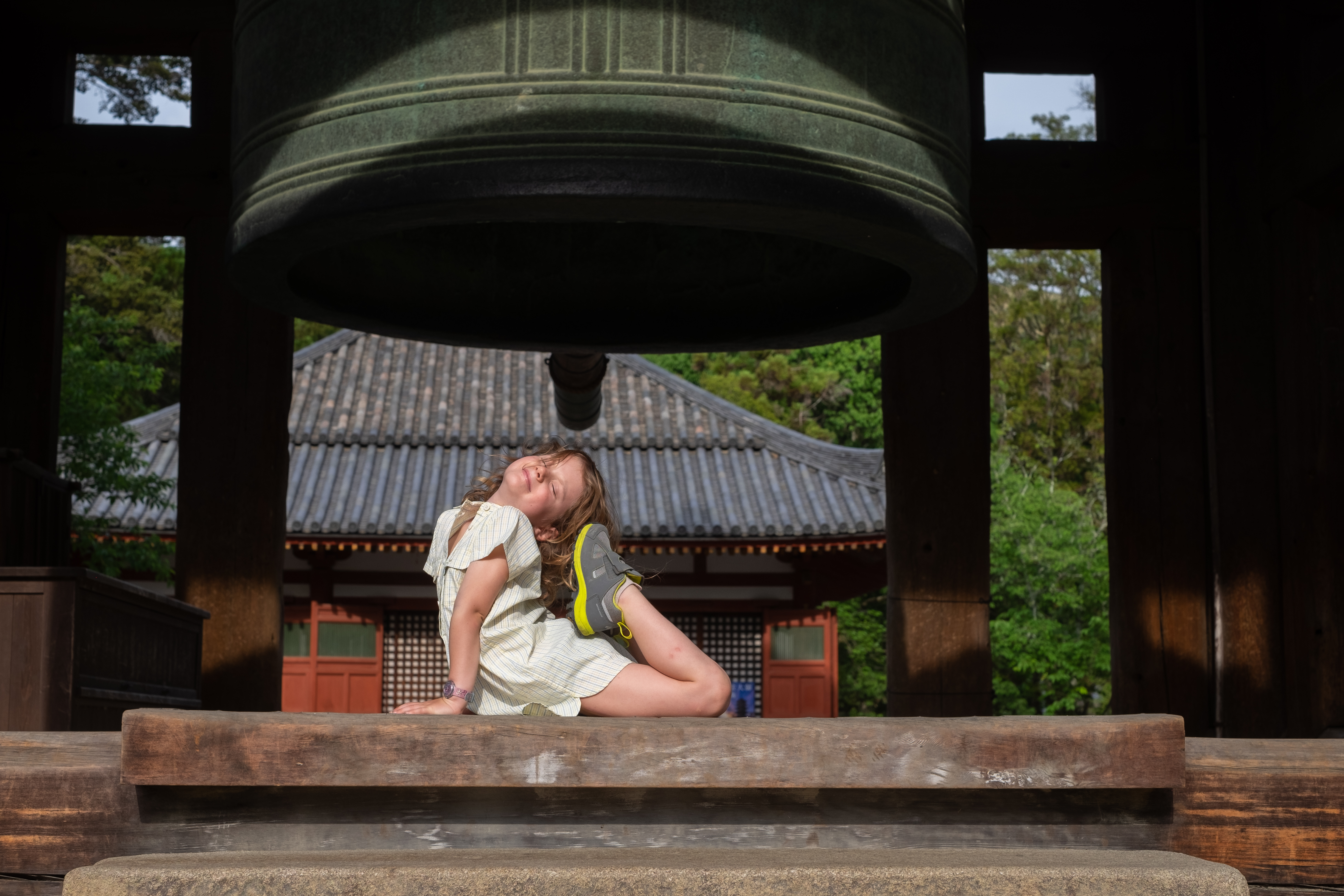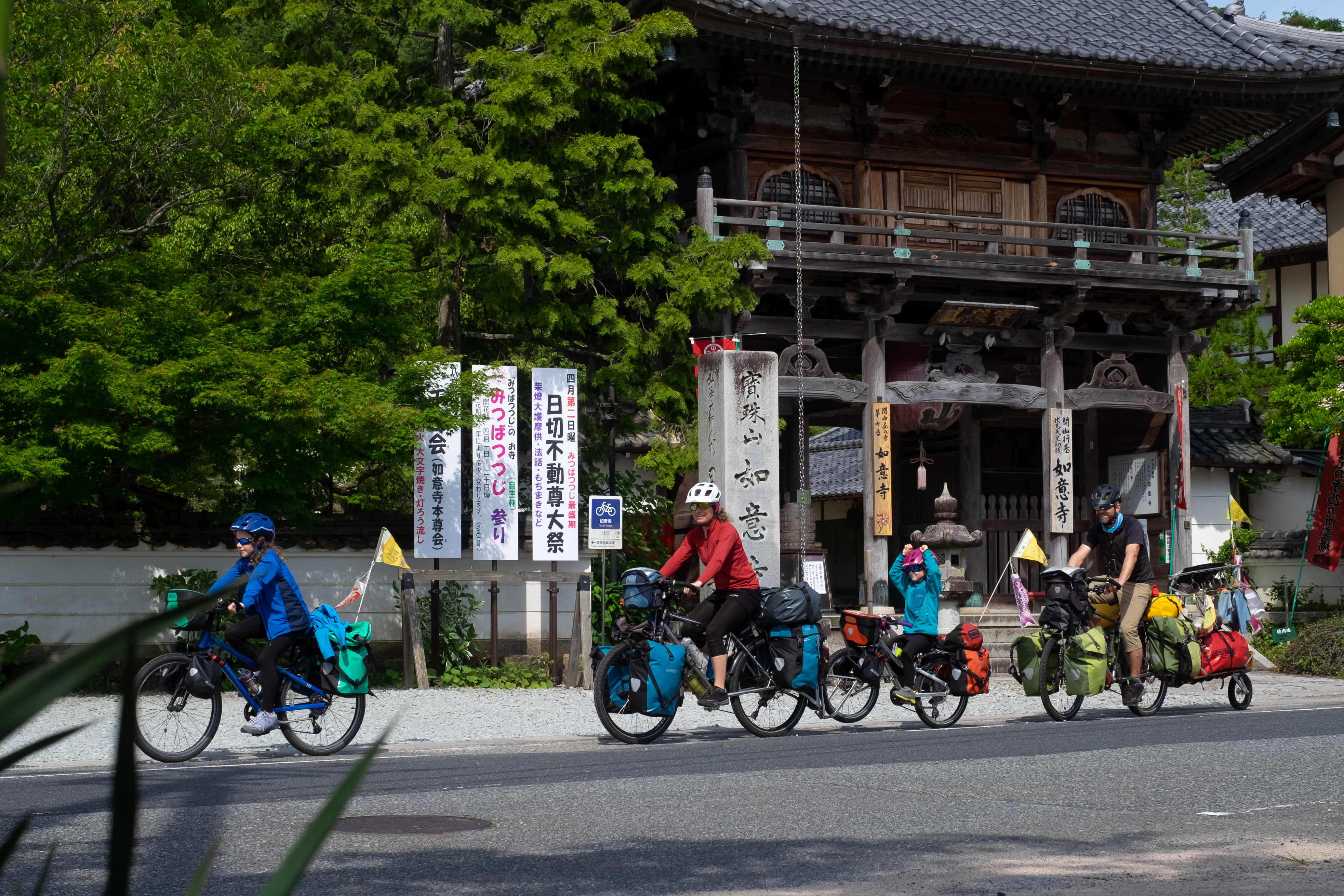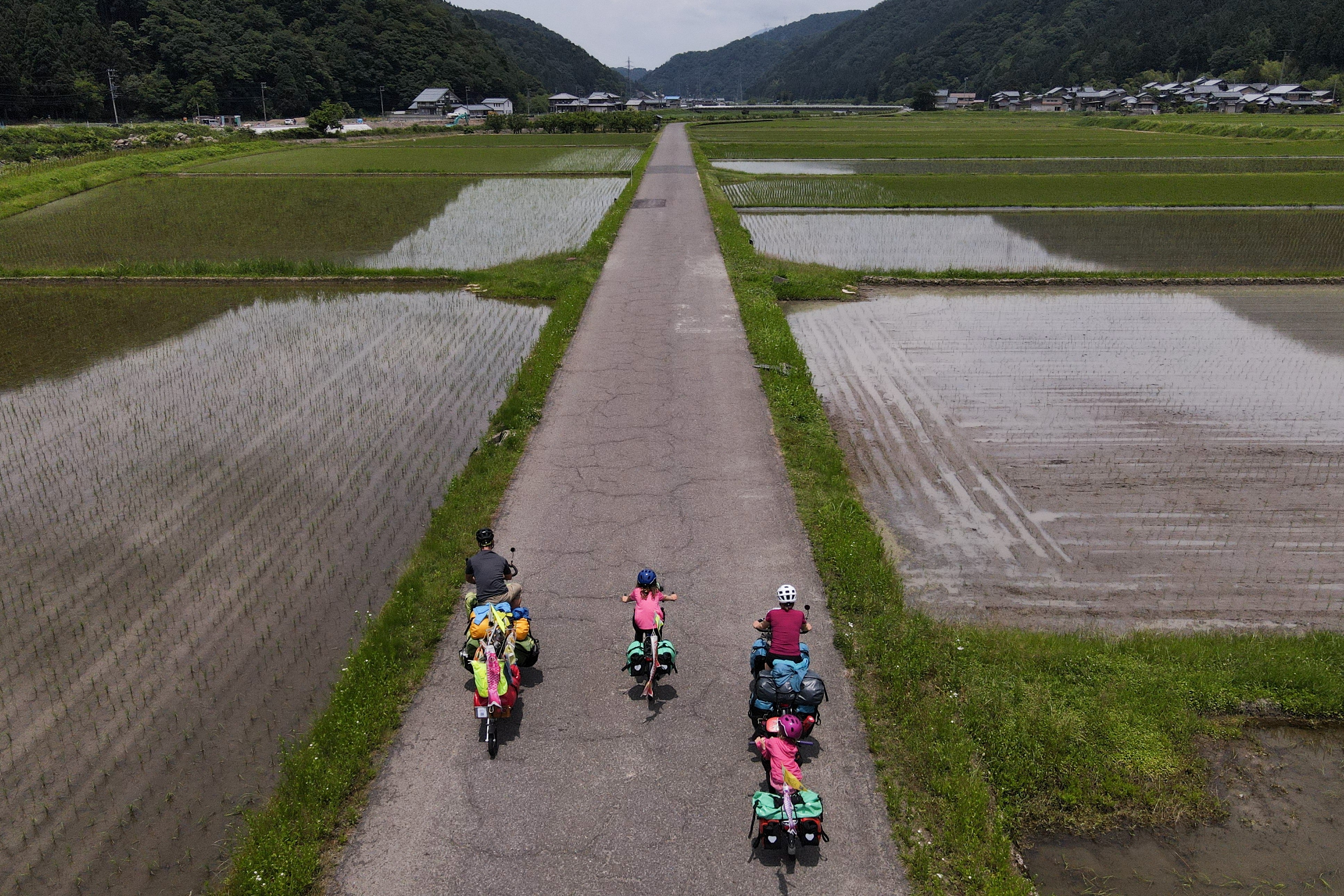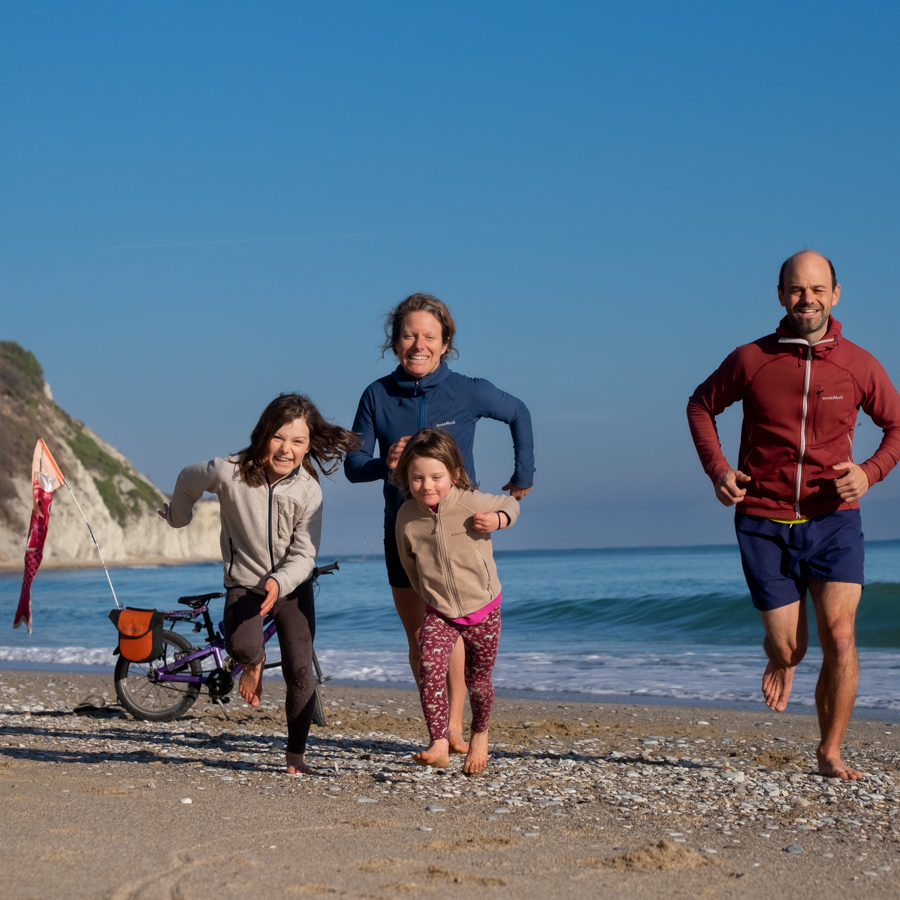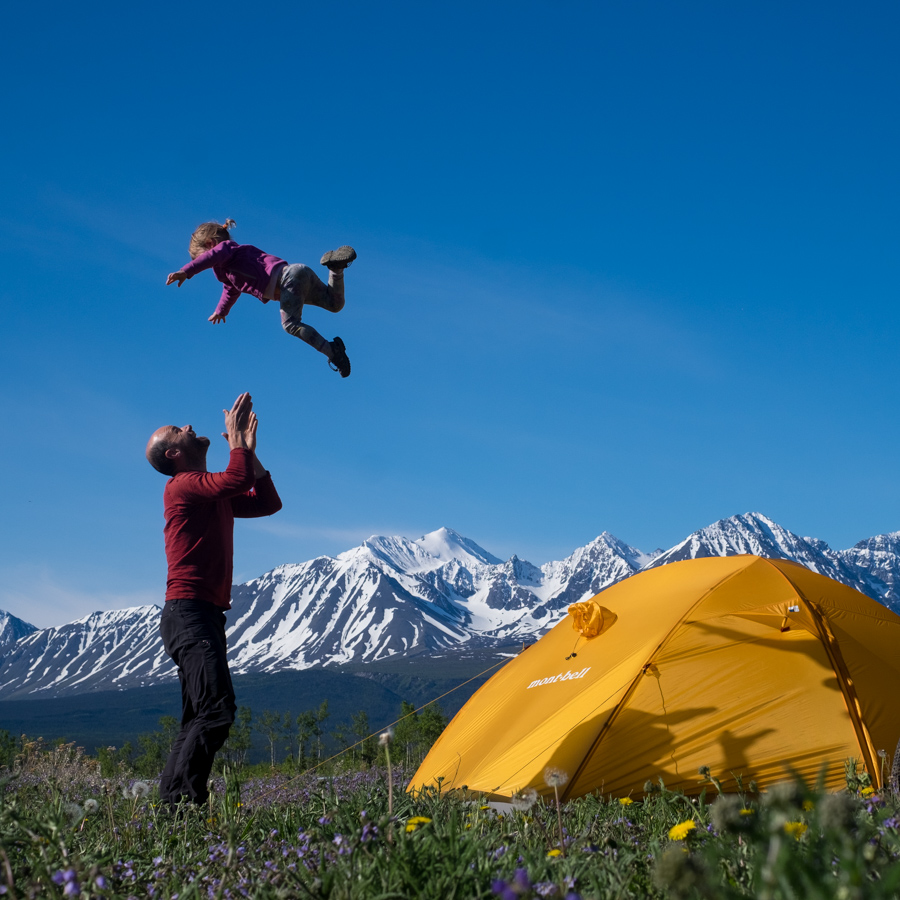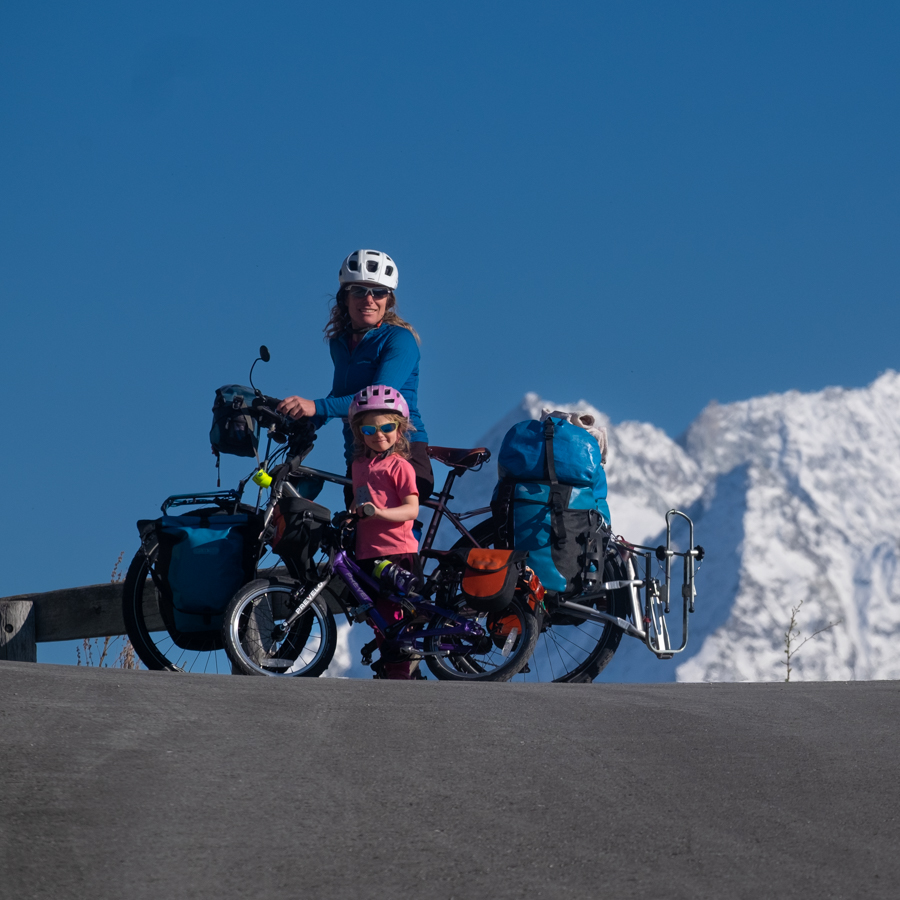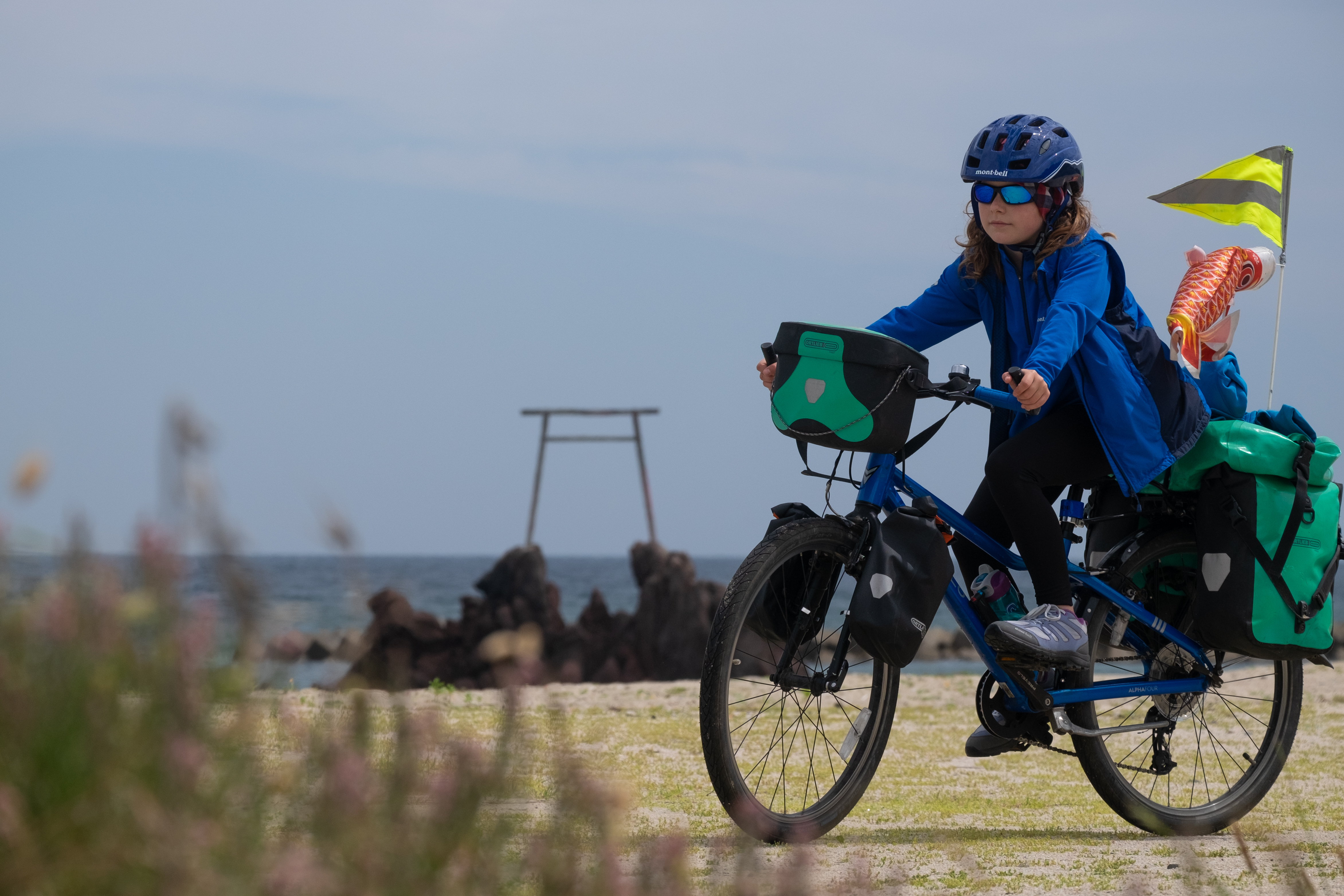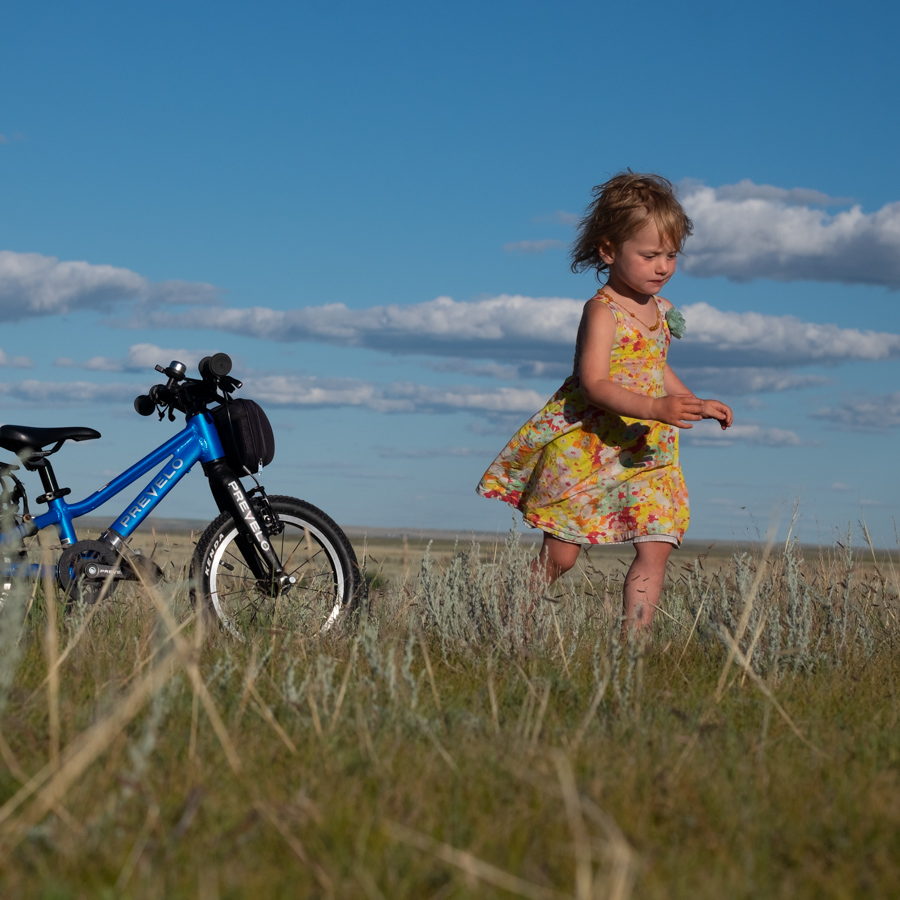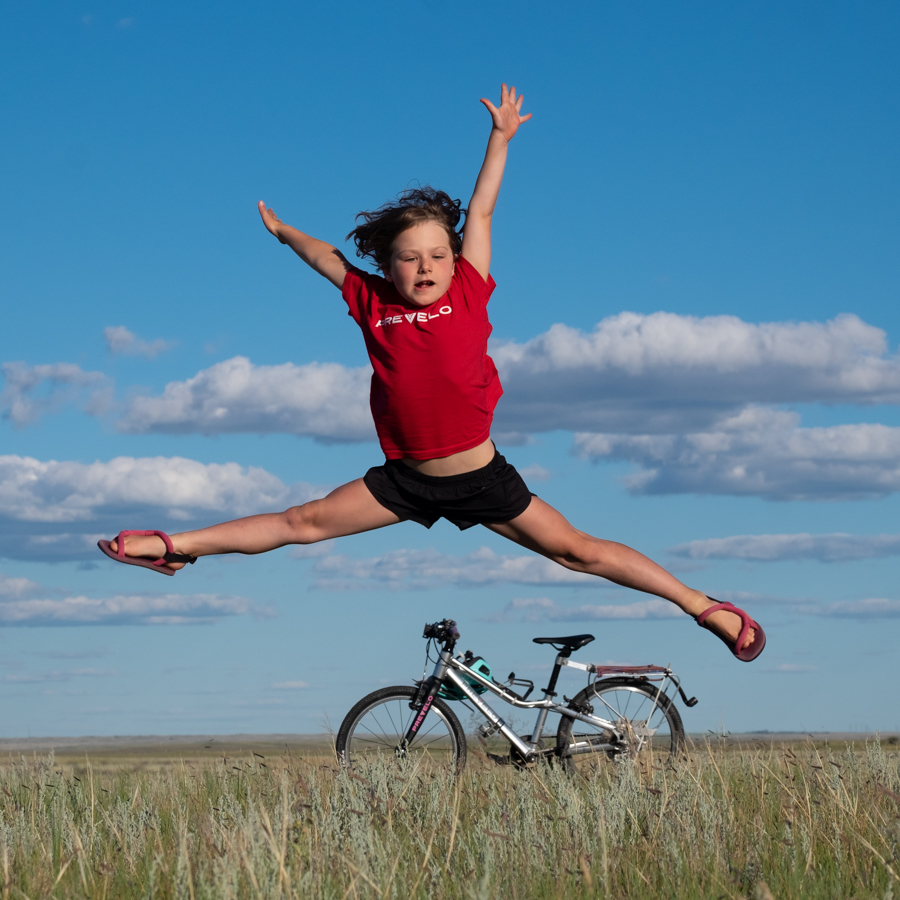Céline and Xavier have been living a nomad lifestyle since 2010, having covered 90’000km by bicycle with two daughters joining their family along the way. They have now embarked on a new adventure through Japan, as official ambassadors of the Japan Eco Track. They will share their experience of Japan with us over their 6-month tour through a series of interviews published below ! Enjoy !
The Pasche family arrived in Osaka on May 23, 2023 for a 6-month adventure. They have cycled 6,000 km through Honshu and Hokkaido Islands while meeting local governments and residents to speak about their way of life and the importance of spending time in nature. Having been appointed official ambassadors of Japan Eco Track, they have cycled 15 Japan Eco Tracks and attend multiple conferences and events to foster sustainable mobility. We are very happy to welcome them as guests of the Vitality.Swiss program. Follow along as they cycle from Osaka to Hokkaido before coming back through Tokyo.
Check out the eight interviews below
8 - Cycling, Culture, and Community: The Pasche Family’s Final Chapter of their Inspiring Adventure in Japan
Don’t miss the last interview in our exclusive series with the Pasche family, who from May to November 2023 embarked on a 6-month cycling adventure through Honshu and Hokkaido Islands, cycling 6,000 km while connecting with local governments and communities.
In our interview series, the Pasche share about their ties with communities, cultures, personal memories, and how they overcome challenges on the road. In this last article, they reflect on their unforgettable 6-month journey through Japan, touching upon the highs and lows of their journey! Thank you to the Pasche family for being guests of the Vitality.Swiss program, and we wish them a safe trip!
Read the interview below
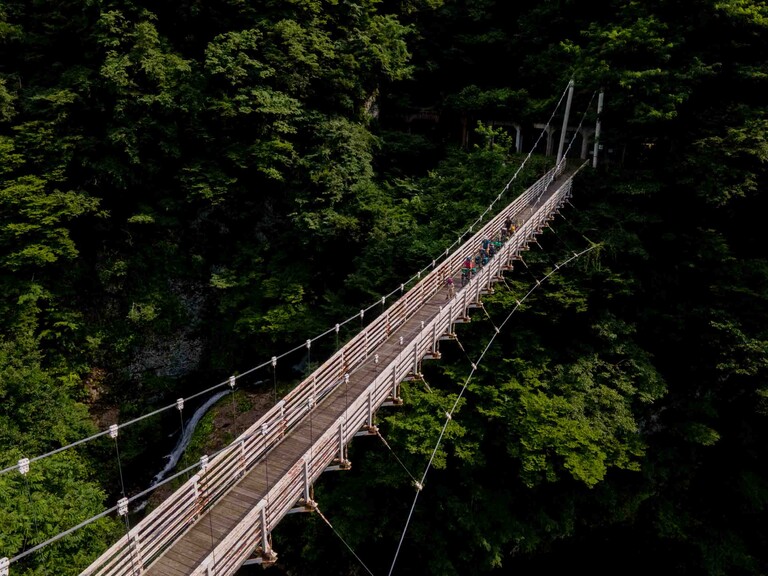
This year 2023 ends with a huge surprise. We received the Montbell Challenge Award 2023. The award 2019 celebrated our way of life, this 2023 one is dedicated to our daughters, Nayla and Fibie. Without their full determination and courage, we wouldn’t have been able to complete the 2023 Wonders of Nature in Japan project, nor live this life of adventure. Thank you Nayla, thank you Fibie.
Everything takes time. Without also counting the 100 articles we wrote along the way, the 25 inspirational talks we gave and the 4 environmental symposiums we took part in, the thousands of photos and hours of video Xavier had to work with, nor Nayla and Fibie’s study time.Cycling every day also means taking care of our bodies, stretching, caring for wounds or muscle pains, dealing with insect bites, and so on. All of this with an emotional balance that was very unstable because Céline´s dad passed away as we were flying to Japan, cancelling the first two week of the project. But two weeks are not enough to deal with the separation, with the wound that was still open and the emotions that were on fire.
We of course have also made some wonderful memories. We really enjoyed hiking to the top of 6 summits, maybe because we are mountaineers. Every time it was a very special experience. We always feel such a sense of unity to our landscapes and wonder: “the feeling that time stops, that it offers us a precious moment to just be there in peacefulness, even if it is only for a few minutes, because the weather conditions are changing and we have to go back down,” explains Céline. We went to Mt. Daisen with its ocean view, to Mt. Gassan the spiritual summit of renaissance, to Mt. Asahidake the highest peak in Hokkaido, to Mt. Tarumae and its active volcano, to Mt. Azuma-kofuji and its heart shape lake, to Mt. Kosha and its colorful fall leaves.
One moment that also stands out is the Nebuta festival. It was really incredible to see those colorful floats moving through the streets to the vibrations of Taikos and the songs of flutes. The onsen is another aspect of Japan that we really enjoyed, especially when cycling in cold weather. It was always the highlight of the day when we had the chance to take a warm bath. Finally, all the magnificent and enormous trees we hugged were an important connection to the nature and land of Japan. Maybe the picture of Nayla and Fibie in kimonos in front of a huge trunk is the symbol of this bond between us, nature and Japan.
Fibie loves spending time looking at bugs, so she was also very happy to play with Japanese kids observing insects. “I learnt the Japanese way to catch a dragonfly. Because of their eyes, I just have to make circles with one finger. They get dizzy and it is so easy to catch them! I also learnt to dry persimmons, but something I will miss is eating my natto everyday!”
Nayla really appreciates the contact she had with adults in Japan. “People are really considerate with me, sometimes they even have fun with me, or play silly. I really enjoy these adults laughing, running and playing with me.” Explained Nayla. I was very happy to see Chacha, Tatsuno-san, again! We kayaked together, hiked together! He taught me so many tricks and I especially liked to sing while he was playing the Japanese flute. My most inspiring time in Japan was when I heard him play Mononoke with his bamboo flute.” says Nayla.
“I had tears in my eyes meeting some of our old friends again.” explains Céline. “But we also met many people and made new friends. I was really touched to see that for our last talk in Osaka, many people came. Friends from old times but also people we have met along the way. We even had someone driving 6 hours to see our talk! I never quite realized the impact we have on people’s lives. I saw people crying during our conference, I heard friends telling me that ‘we are a lighthouse in their life’ or that they changed or tried something different because of us! I felt this is a precious gift to receive. I realized the connection we have, that goes far beyond culture.”
For us, this life is about building bridges, between cultures, between people, and between nature and humanity. Building bridges between people and the impossible that vibrates within them. And in this aspect, Wonder of Nature 2023 was a success.
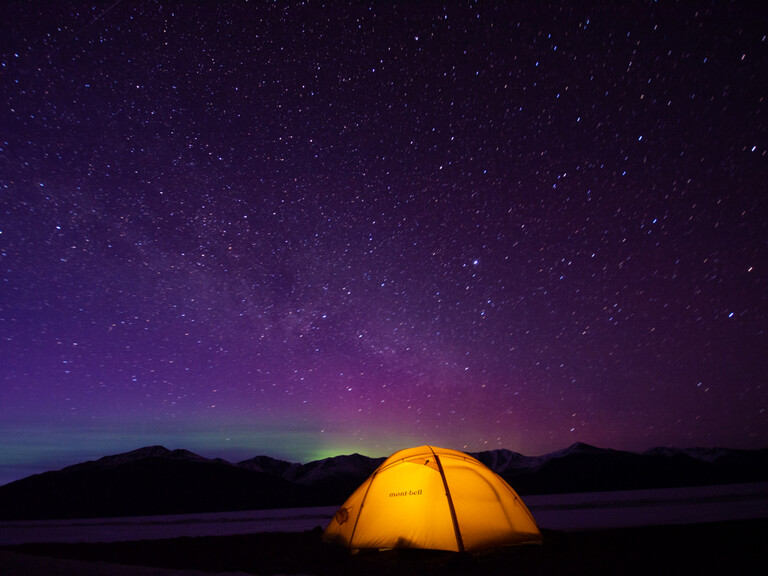
7 - Learning on the road: Insights from a Swiss Nomadic Family journey of exploration
Discover the incredible journey of the Pasche family, who has just completed a remarkable 6-month bicycle tour of Japan! Over 13 years of traveling the world, they have dived deep into the unknown. In their latest interview, they answer YOUR burning questions, sharing valuable insights into their unique lifestyle and the skills they have developed along the way.
Read the interview below
6 - A Glimpse into Their World: The Highs and Lows of the Pasche Family on Their Journey
Over the past five months, the Pasche Family have explained in the below interviews their way of life, their philosophy, the importance of spending time in nature, and beyond. On the road since 2010, their travels have impacted their view of the world around them and their ties with communities, nature, time, cultures. In this sixth interview, we dive into more personal memories as they share the highs and lows of their journey and how they handle disputes on the road.
Read the interview below
5 - The Secret of Packing Life under 200 kg: Exploring Light Living
Céline and Xavier Pasche have been riding around the world for 13 years now. In the previous four interviews, we delved into the profound impact their journey has had on them, from facing fear to becoming more open to new encounters and people. From country to country, their travel has impacted how they look at the world around them, and how they connect with nature, time, cultures, etc. It has given them new perspectives. Yet traveling by bicycles only can also be limiting, for example in terms of material belongings. In this fifth installment, we look at what it means to be a nomad, and get a first-hand account of traveling light in Japan!
Read the interview below
4 - Pedaling Across Cultures: a Journey of Connection
In our previous interview with Céline and Xavier Pasche, we discovered how their nomadic life changed their notion of Time. In this fourth interview, we will focus on how they relate to the communities they cross. We will also address how they live this constant change of cultures and interact with people and friends.
Read the interview below
3 - Our Relation to Time and Living a Slow Life
In the previous interview with Céline and Xavier Pasche, we discussed slow mobility and what it means concretely for them to travel by bicycle. In this third interview, we focus on how their nomad lifestyle and slow method of travel has impacted how they relate to the notion of Time.
Read the interview below
2-Interacting with the Land Through Active Mobility
Céline and Xavier Pasche decided to use human-powered transportation to explore the world. Why did they choose the bicycle as a means of transportation? What does slow traveling offer them? What does it mean to be chosen as Japan Eco Track Ambassadors? Discover all that and more in our second interview with them.
Read the interview below
1- Introductory Interview: Meet the Pasche Family
Check out their incredible journey in this first interview and maybe get inspired to embark on your own sustainable adventure !
Read the interview below
The Pasche family will share their experience in Japan with us over the next 6 months through a series of interviews published here.
What kind of skills have you developed thanks to your lifestyle?
